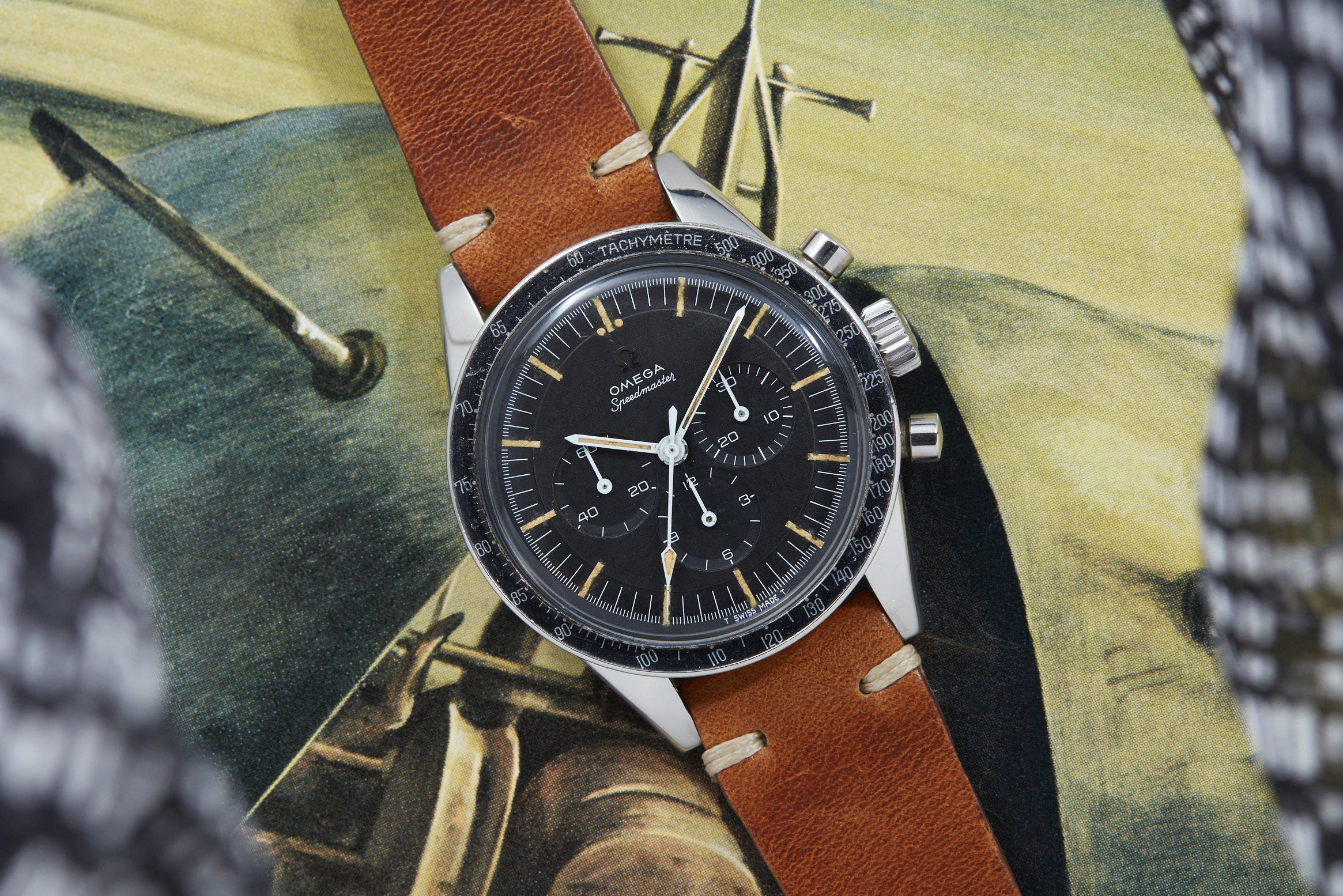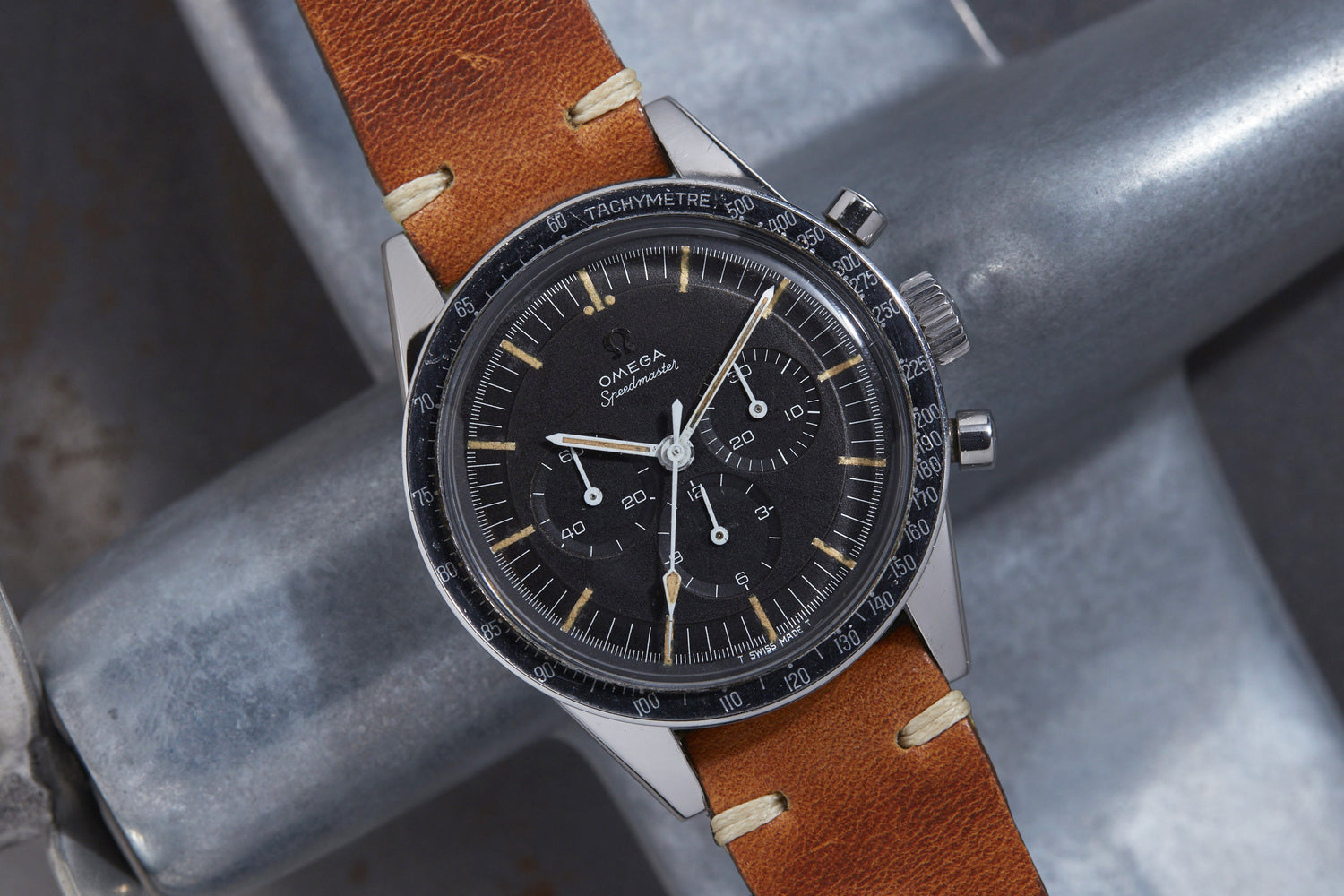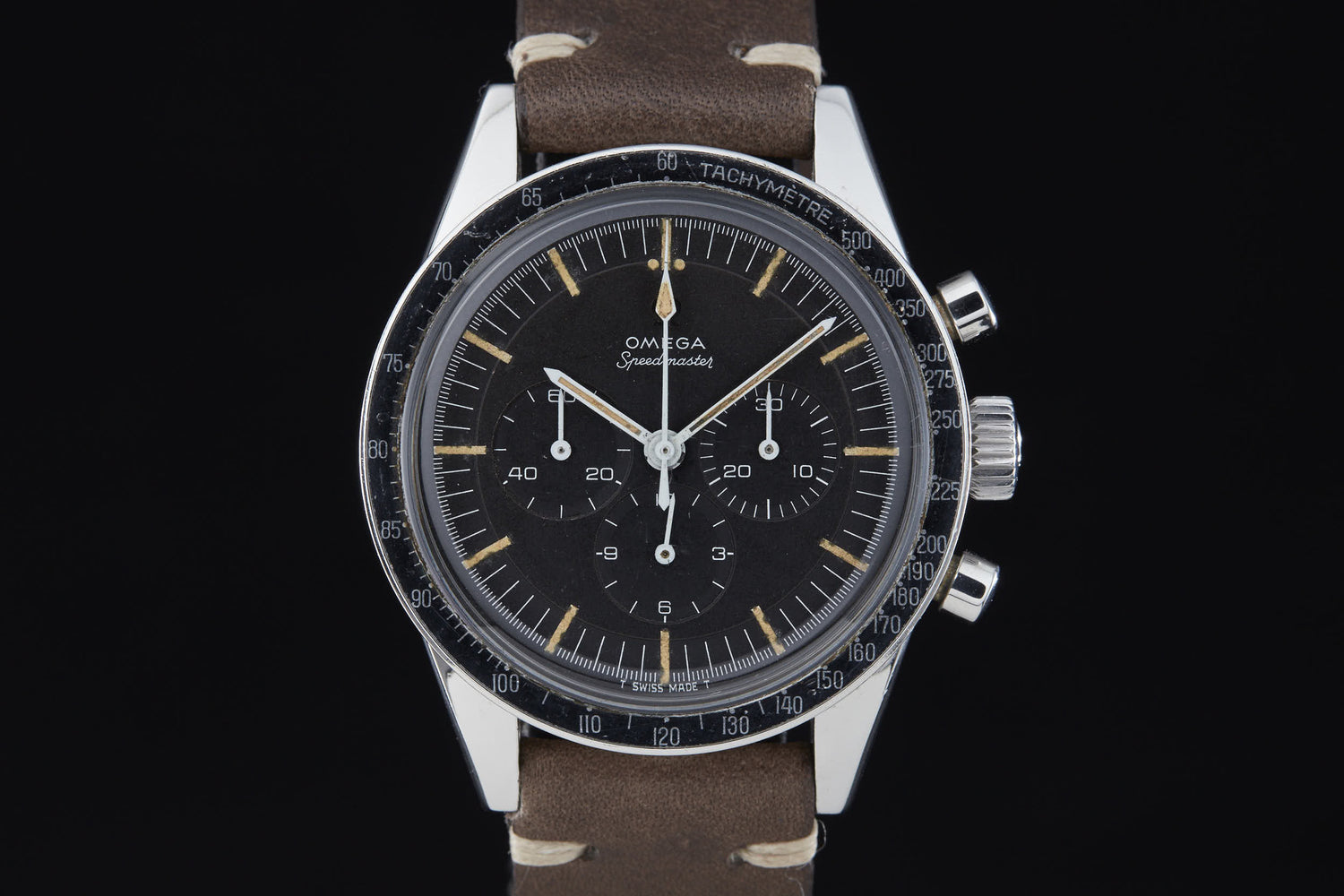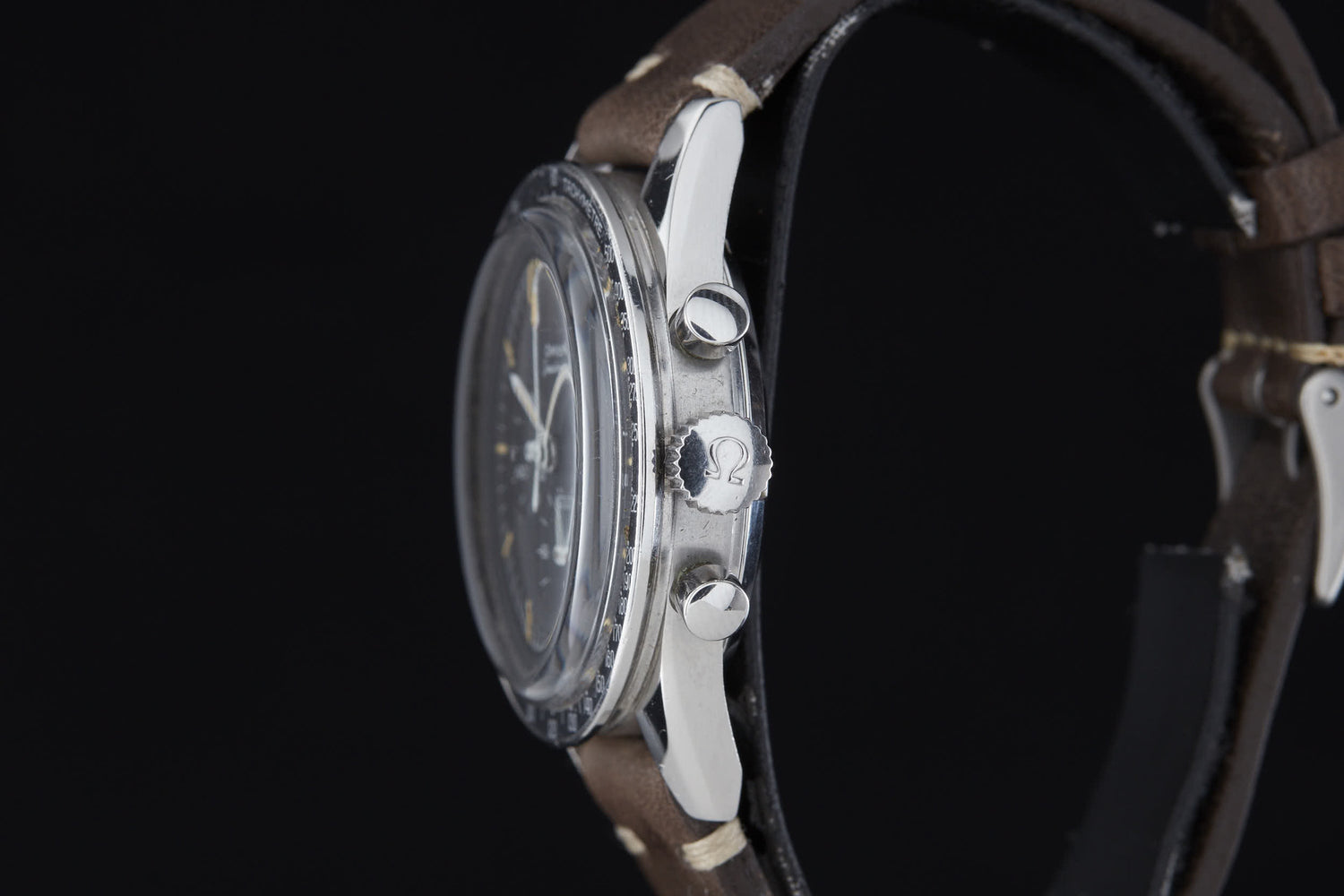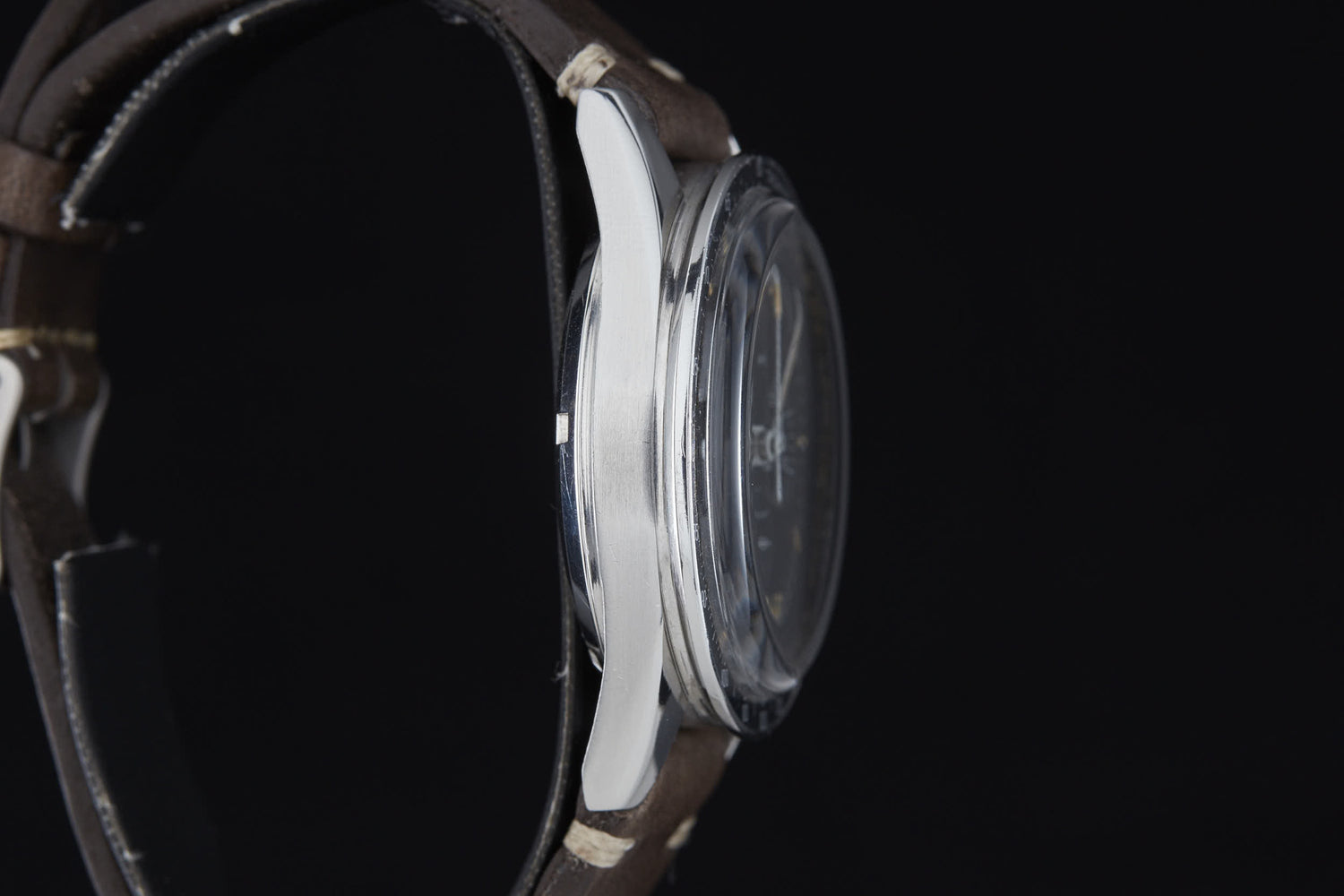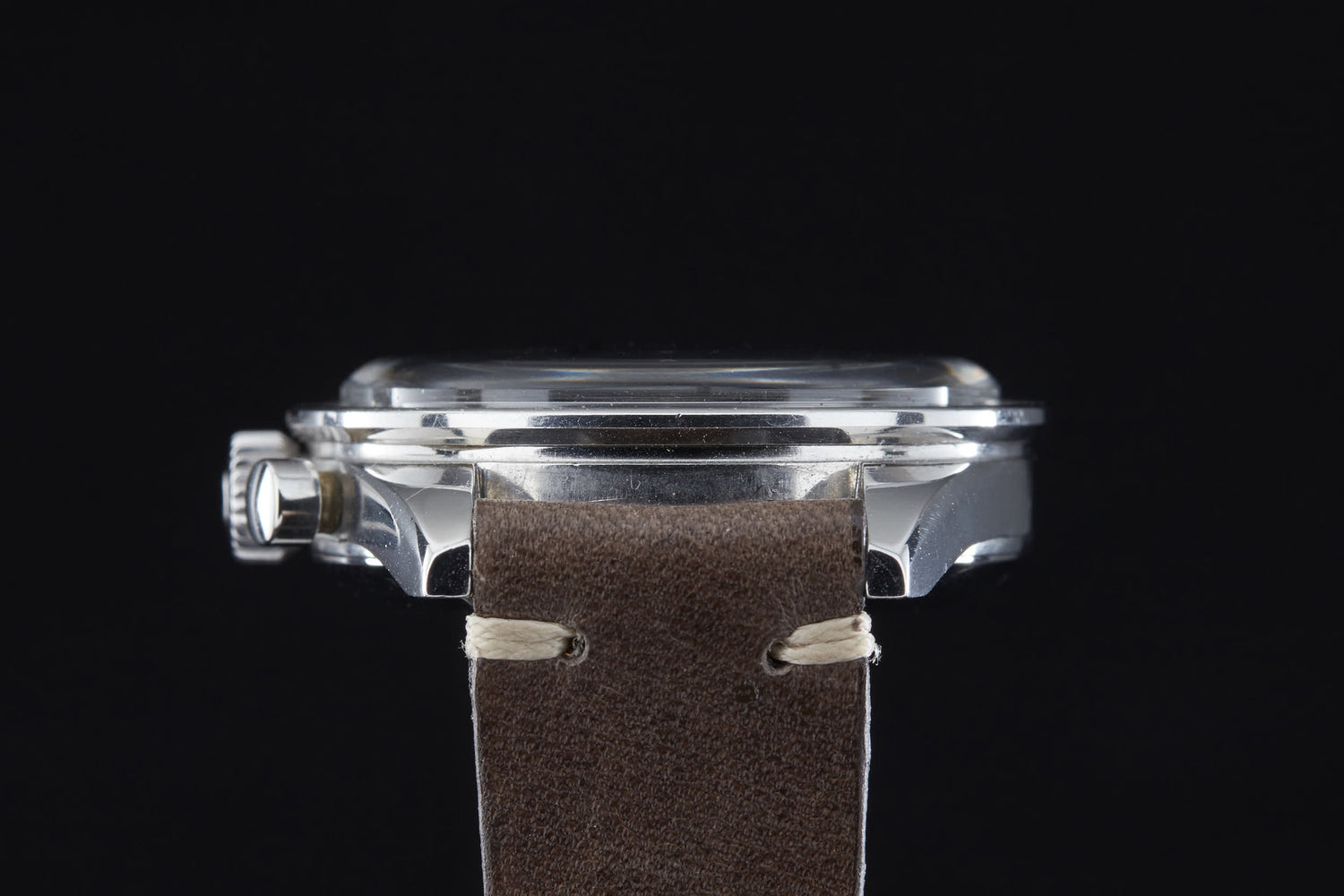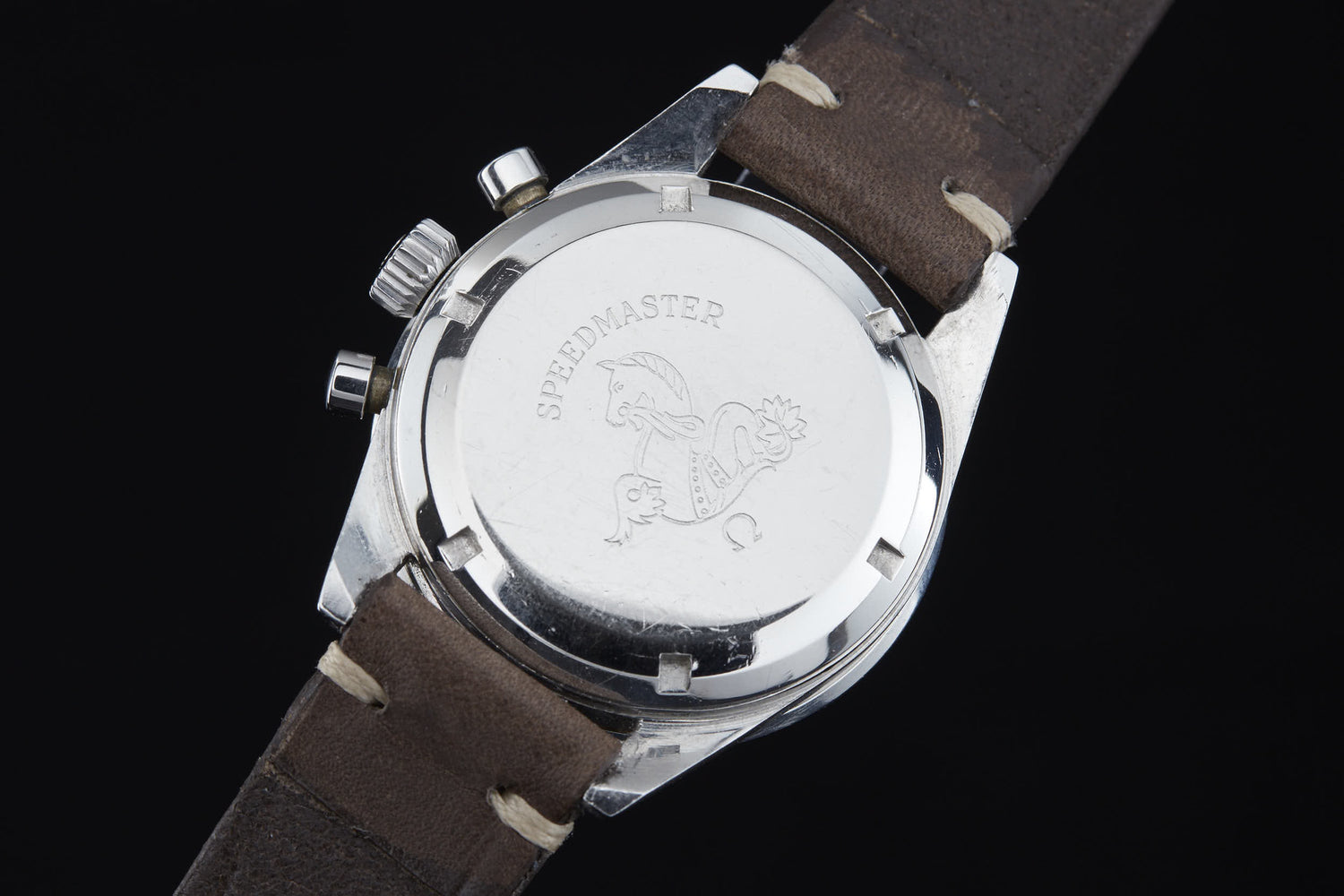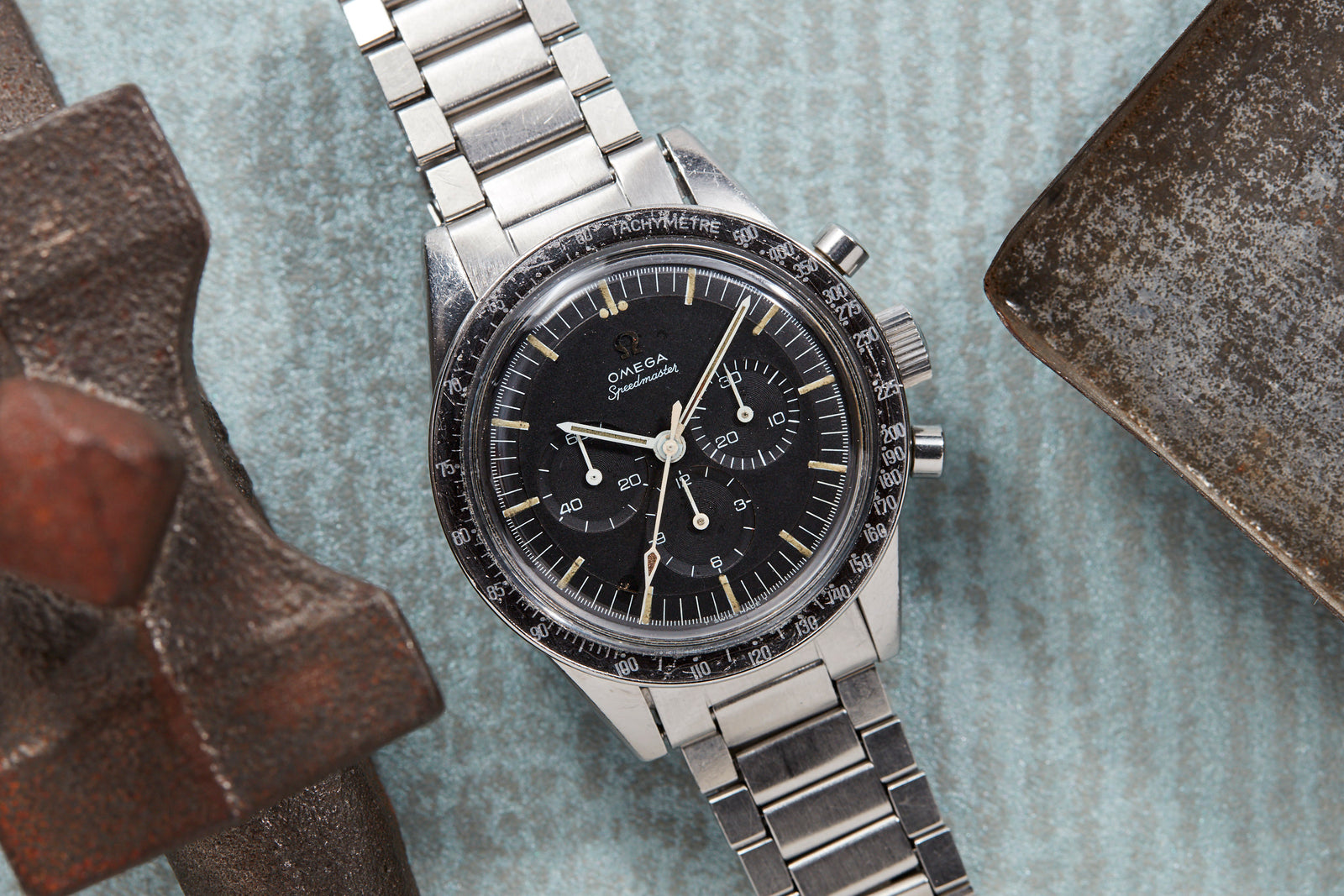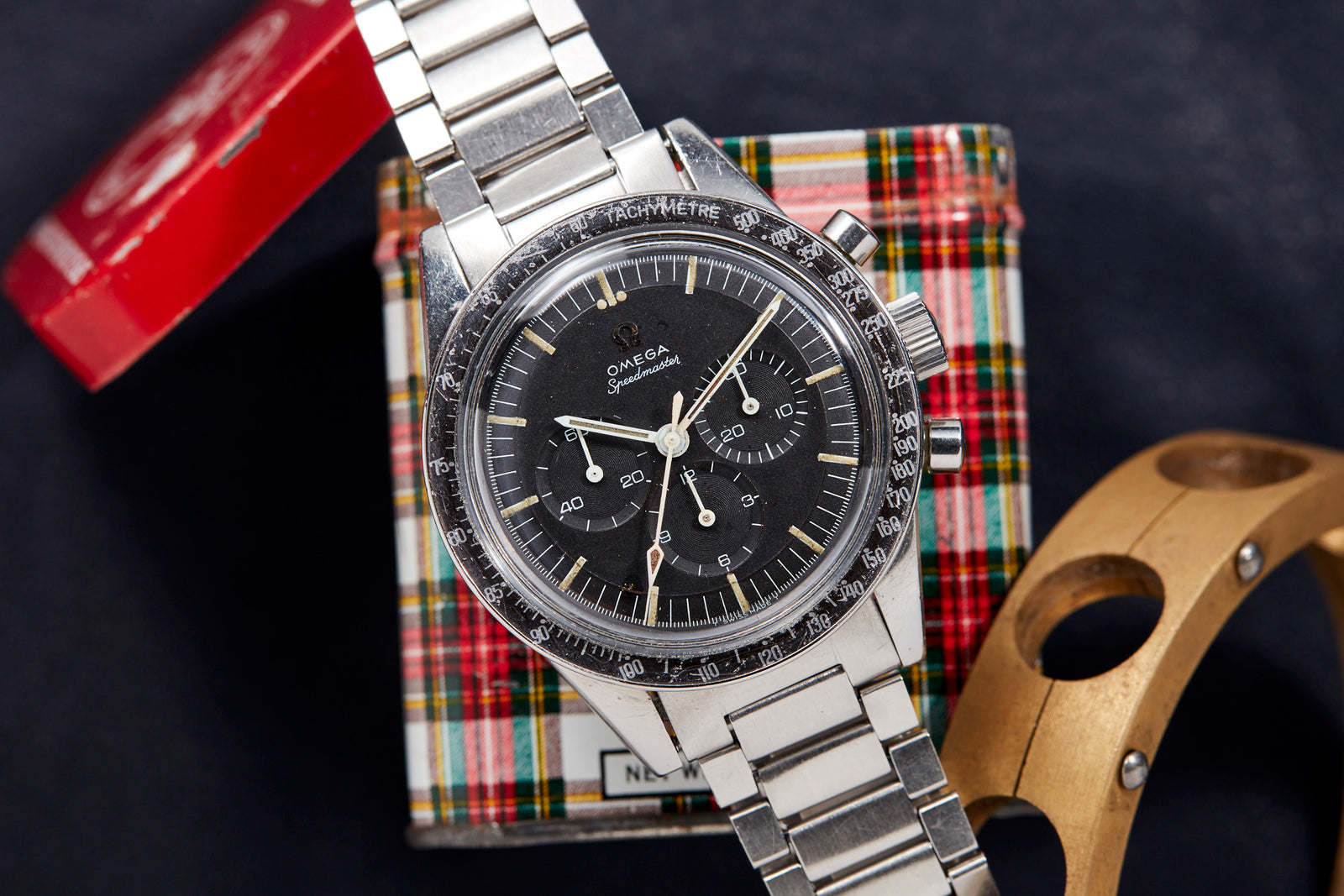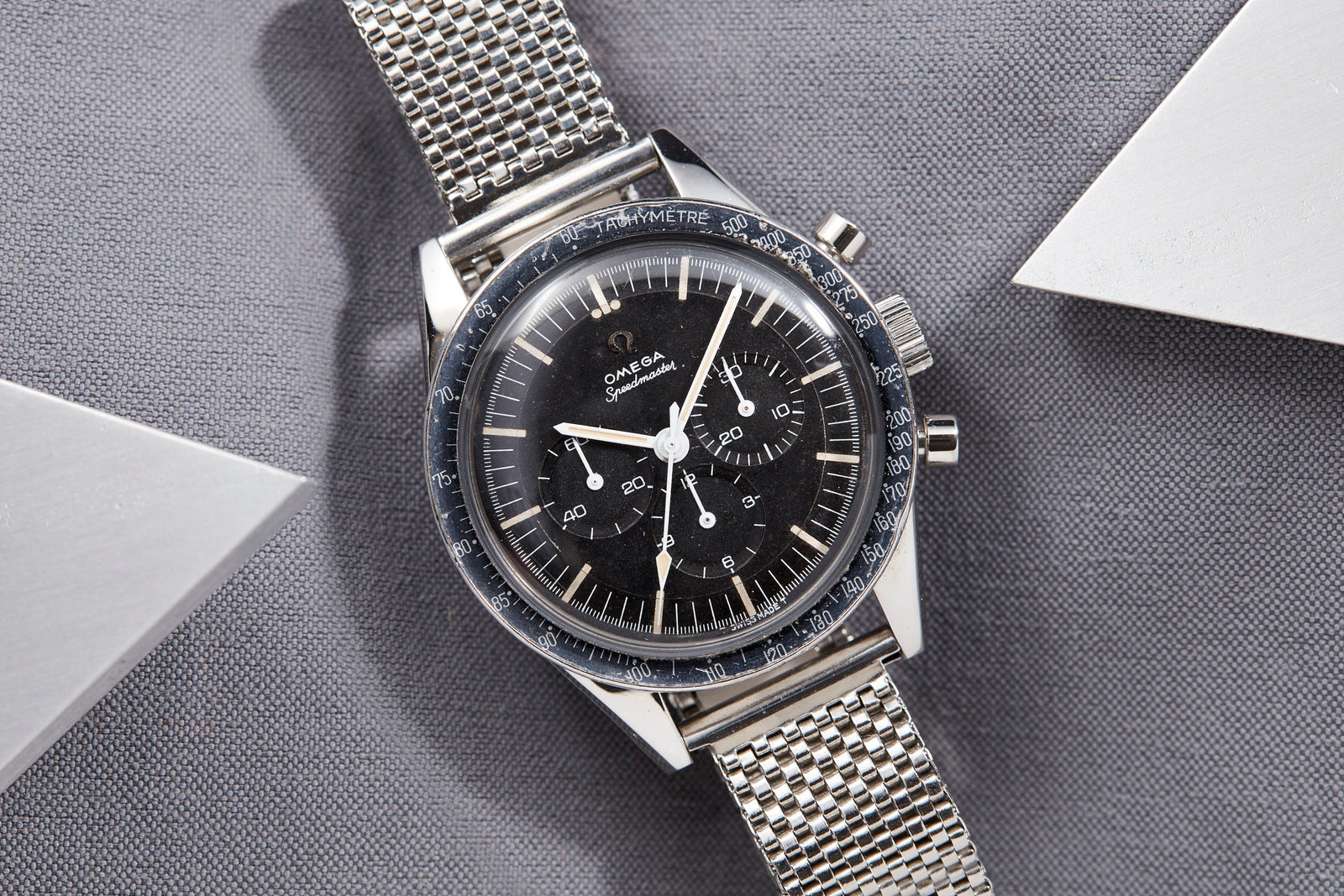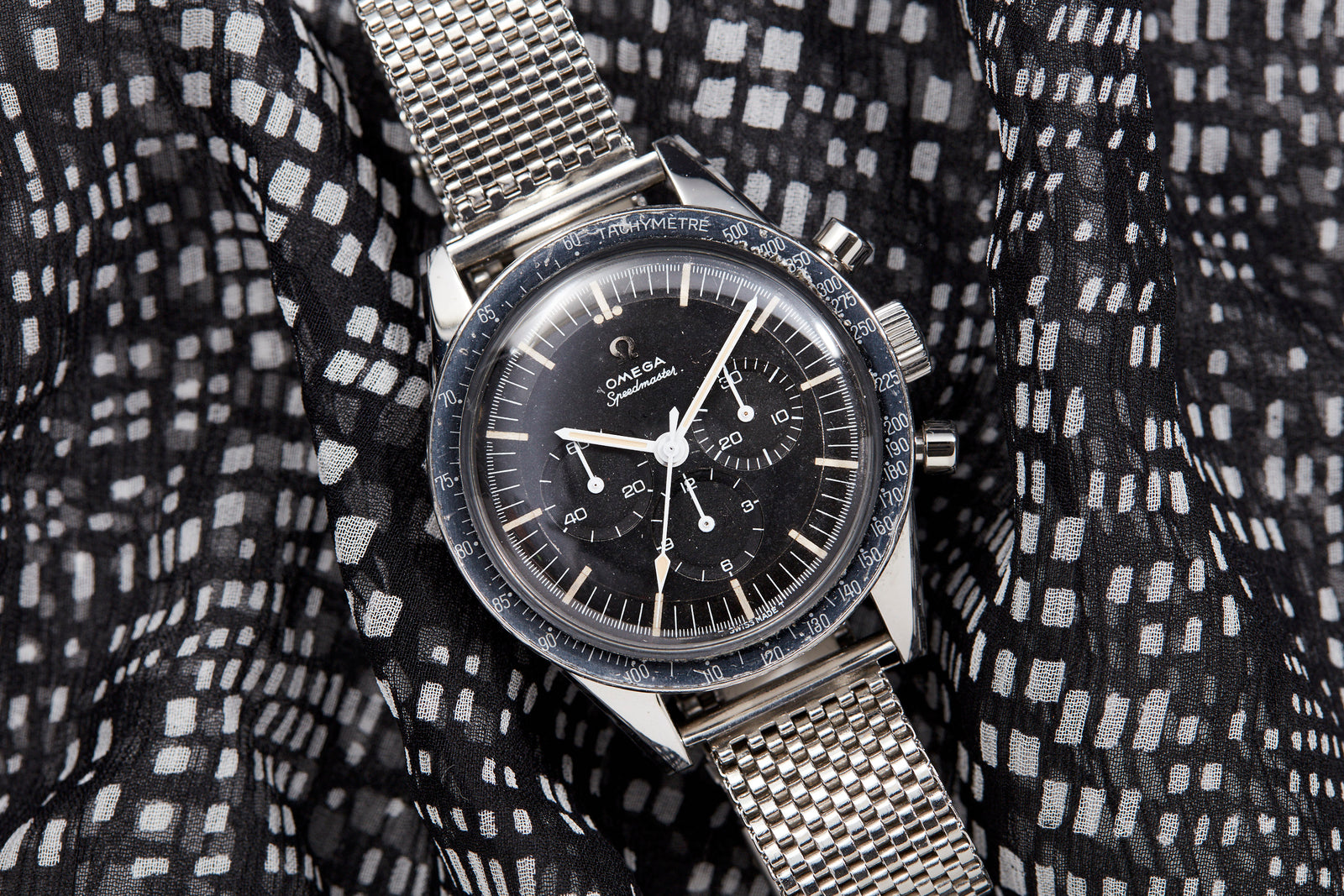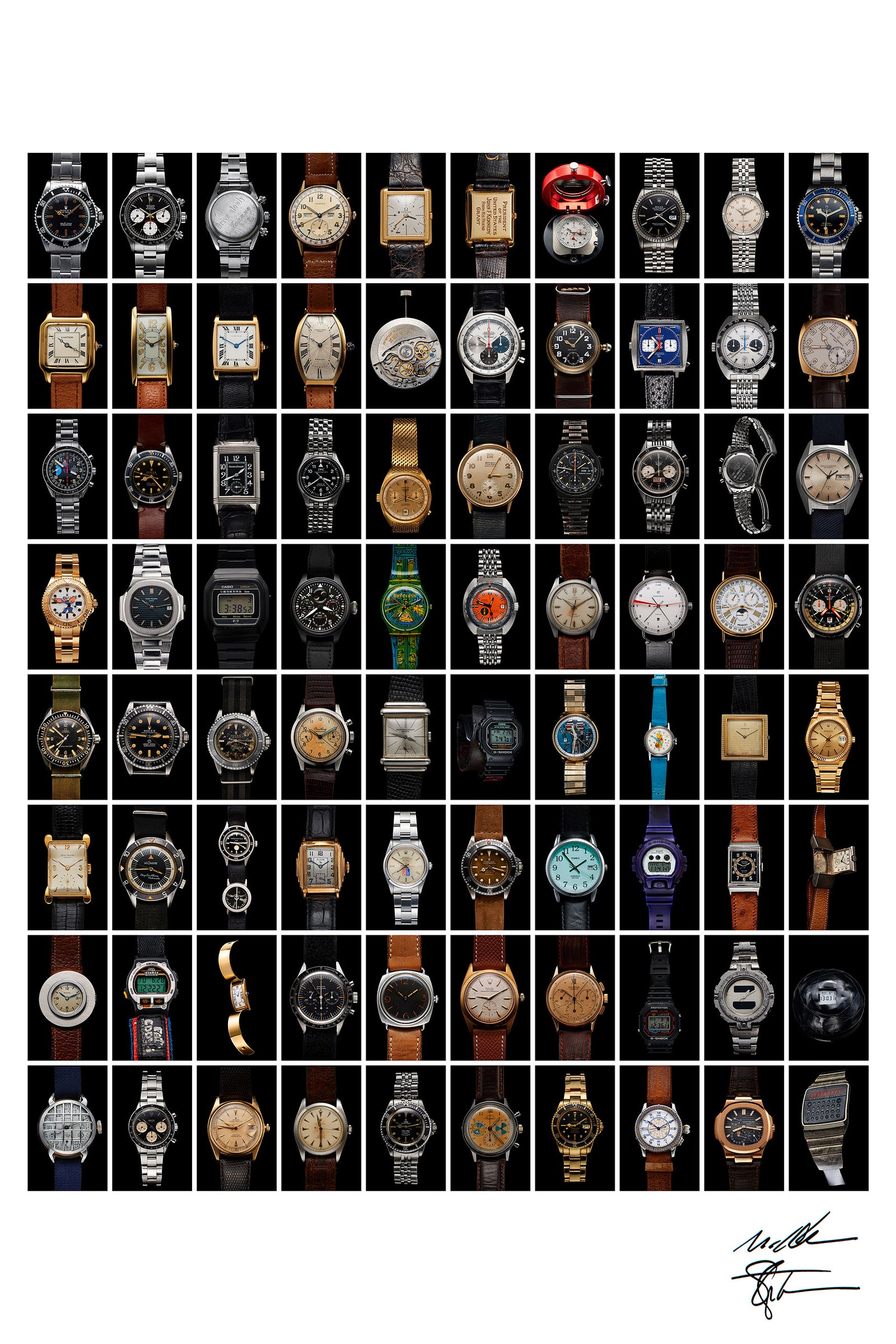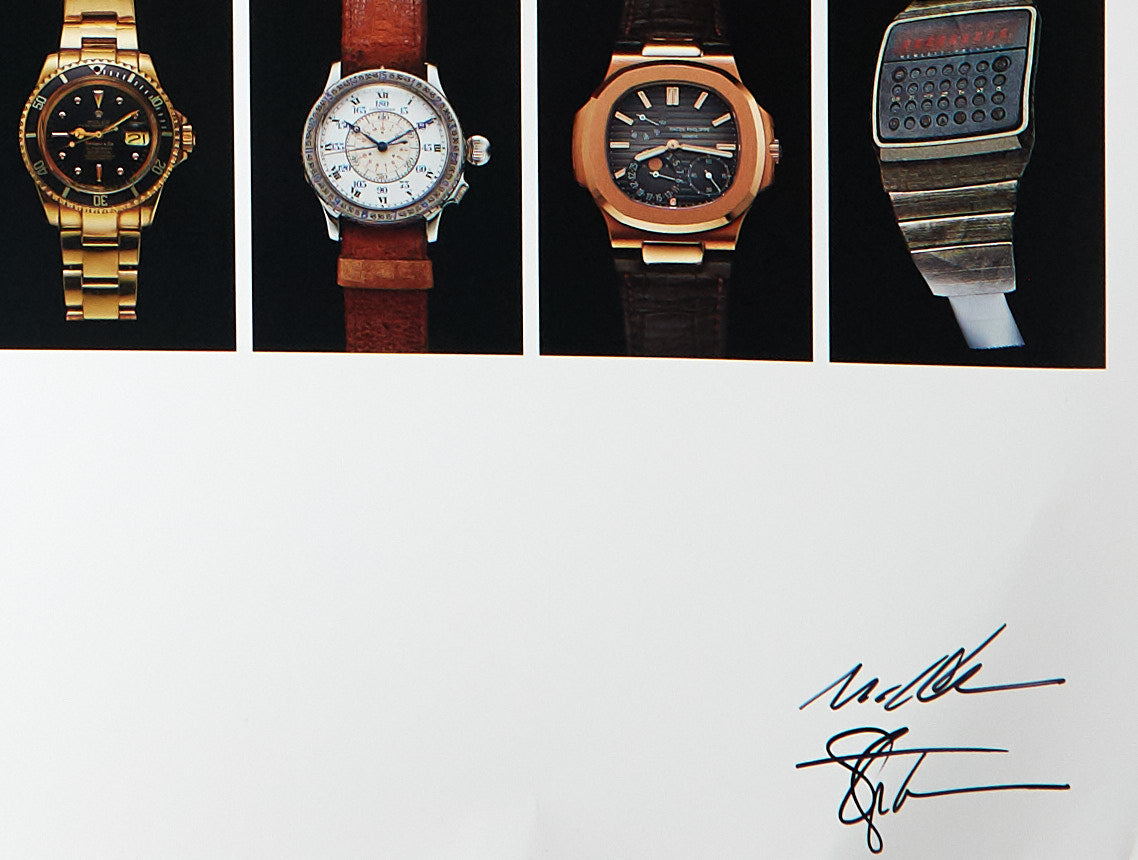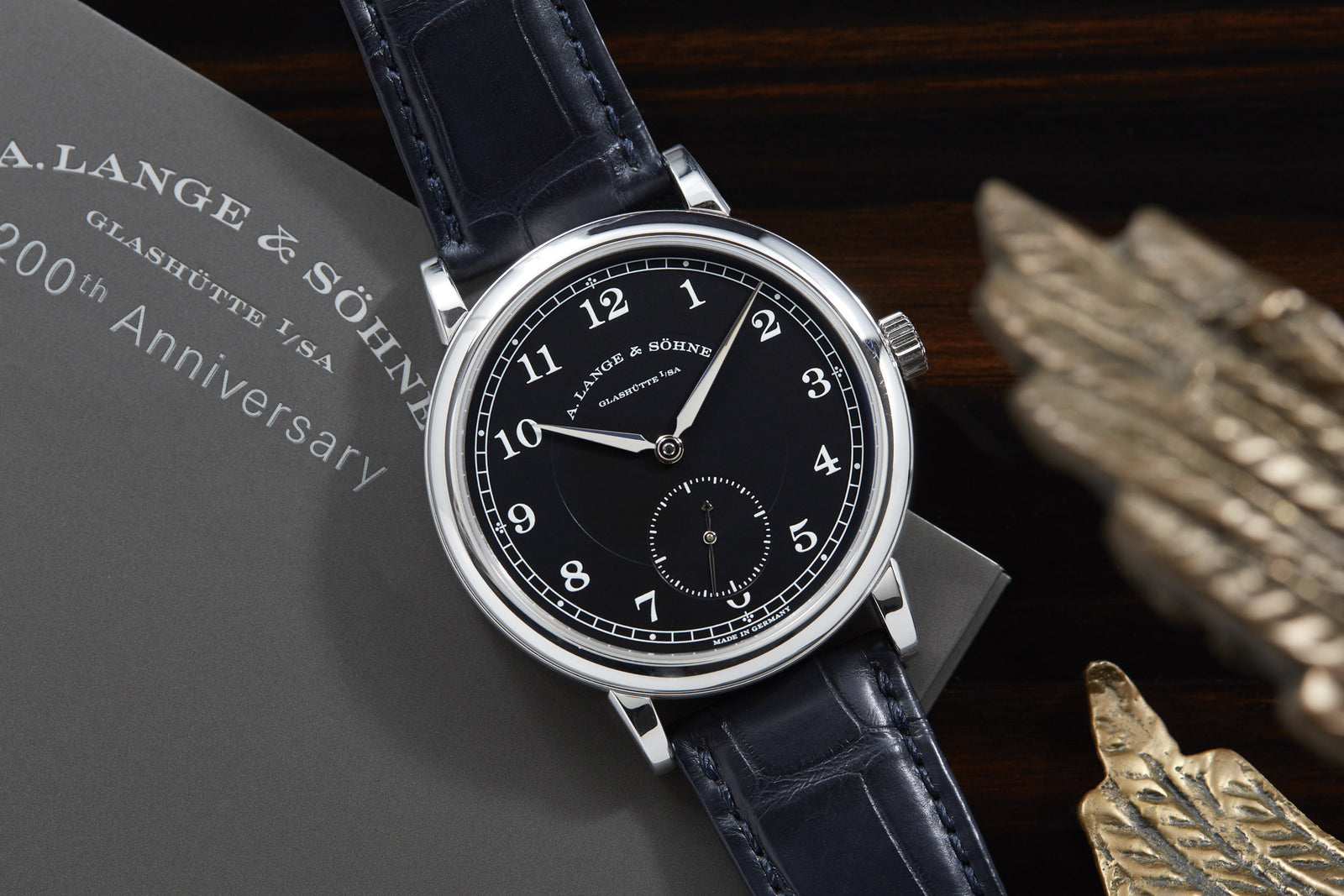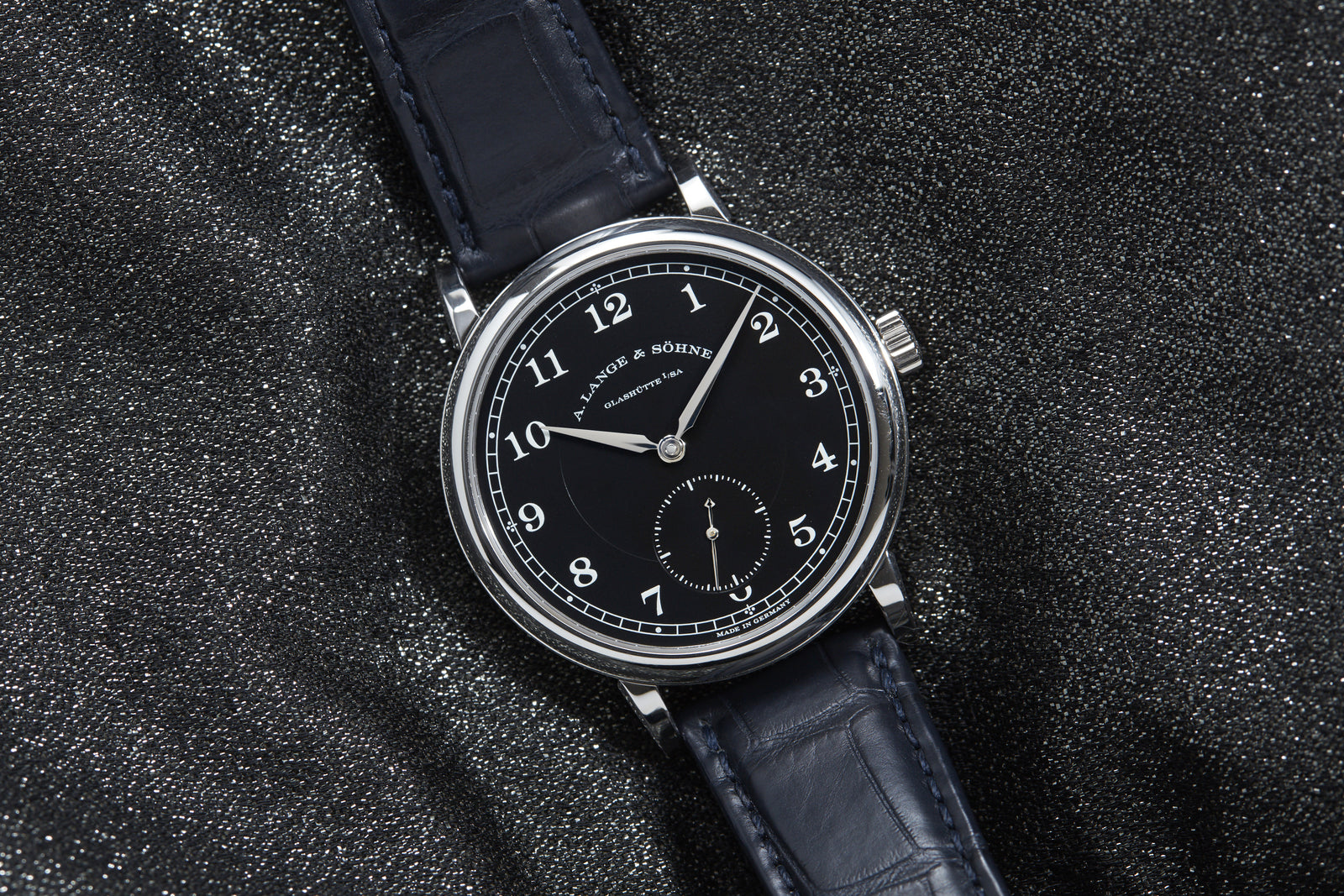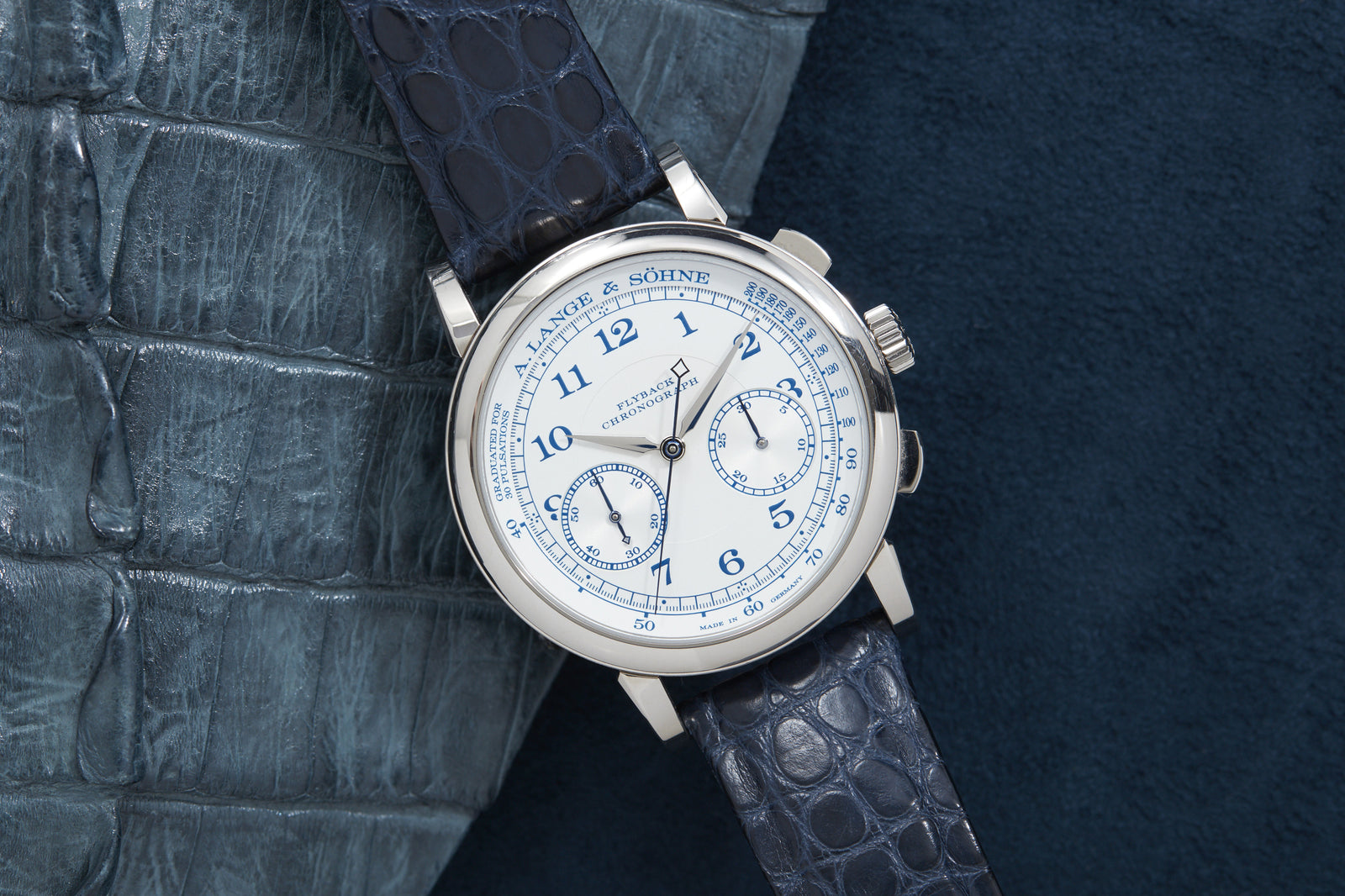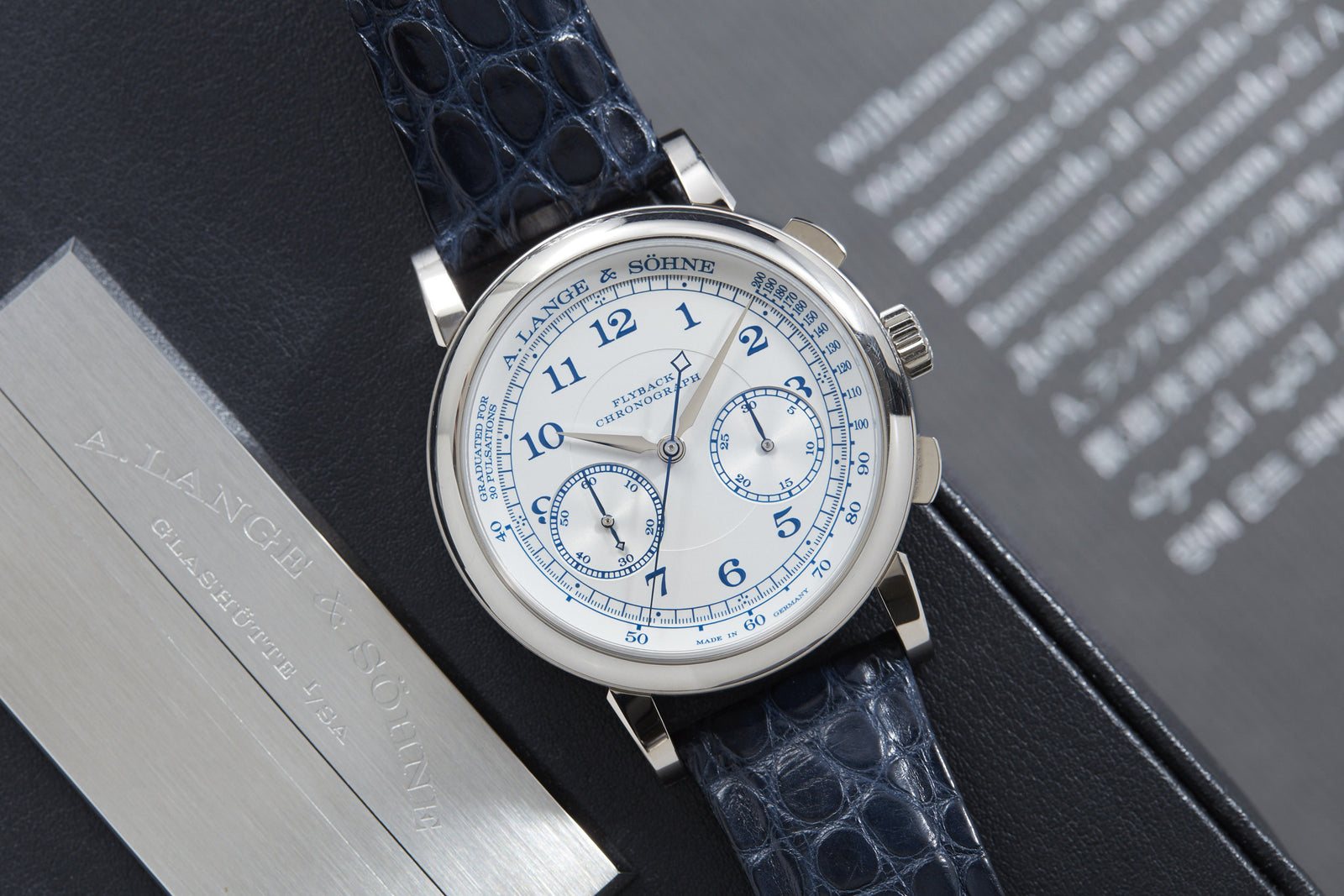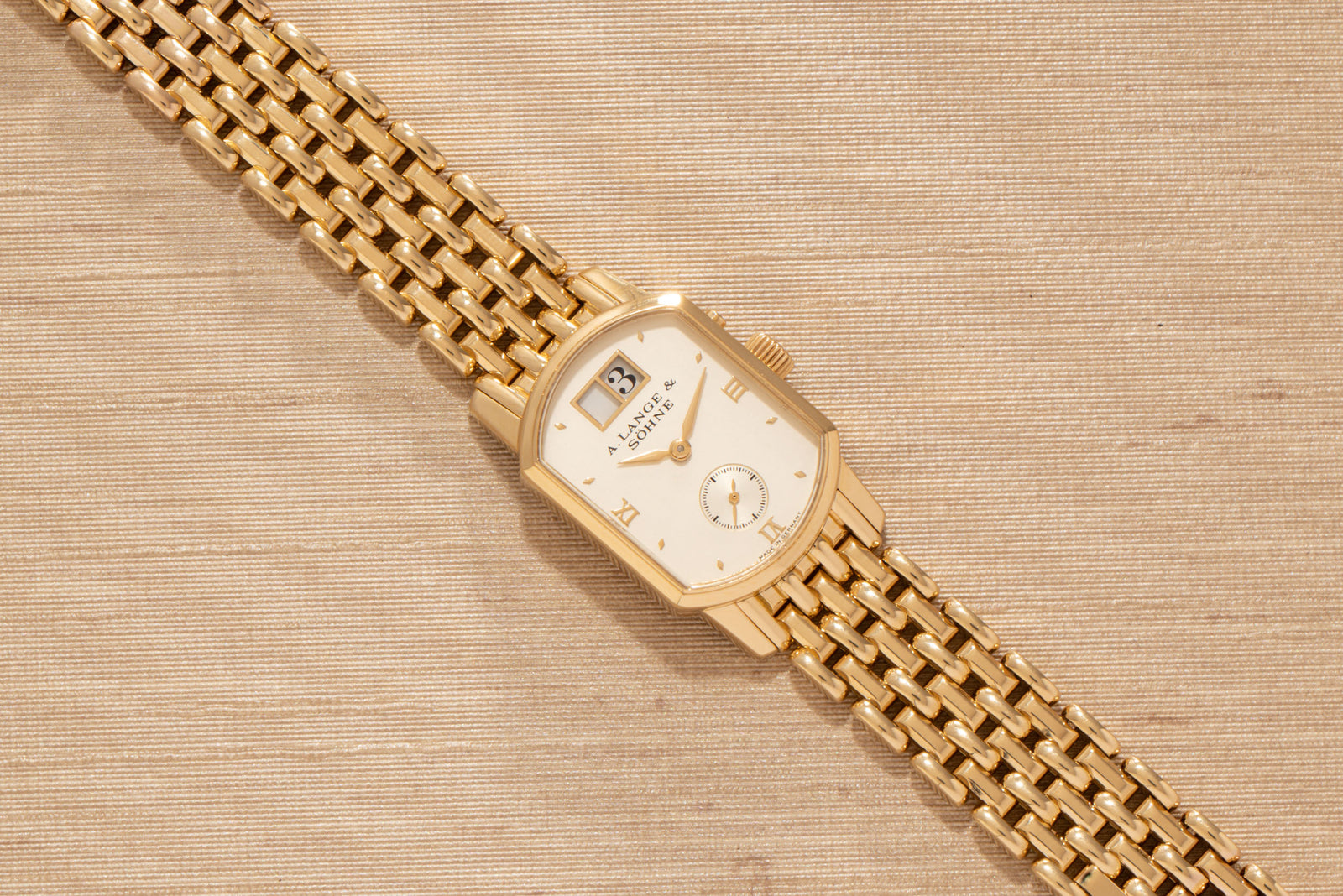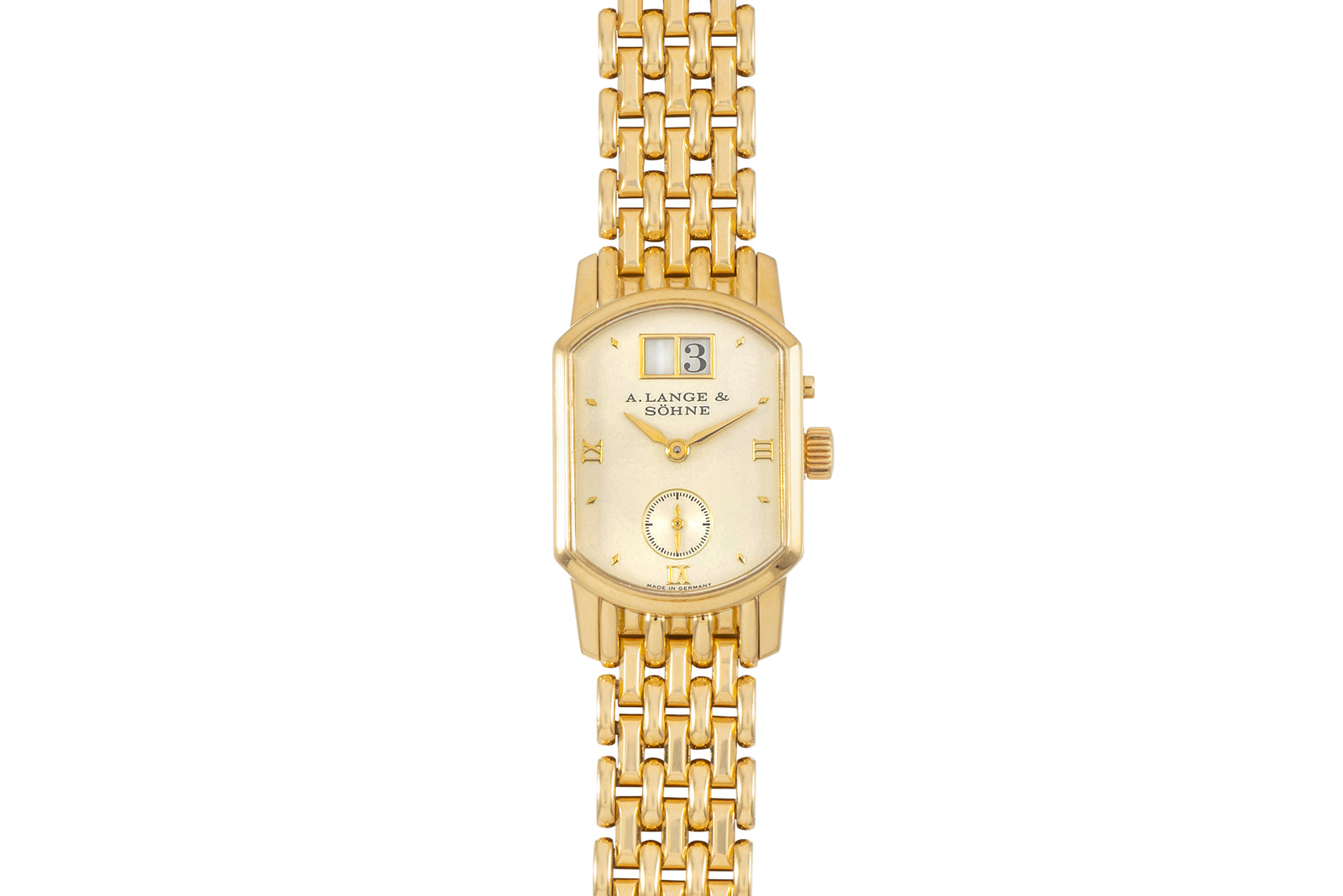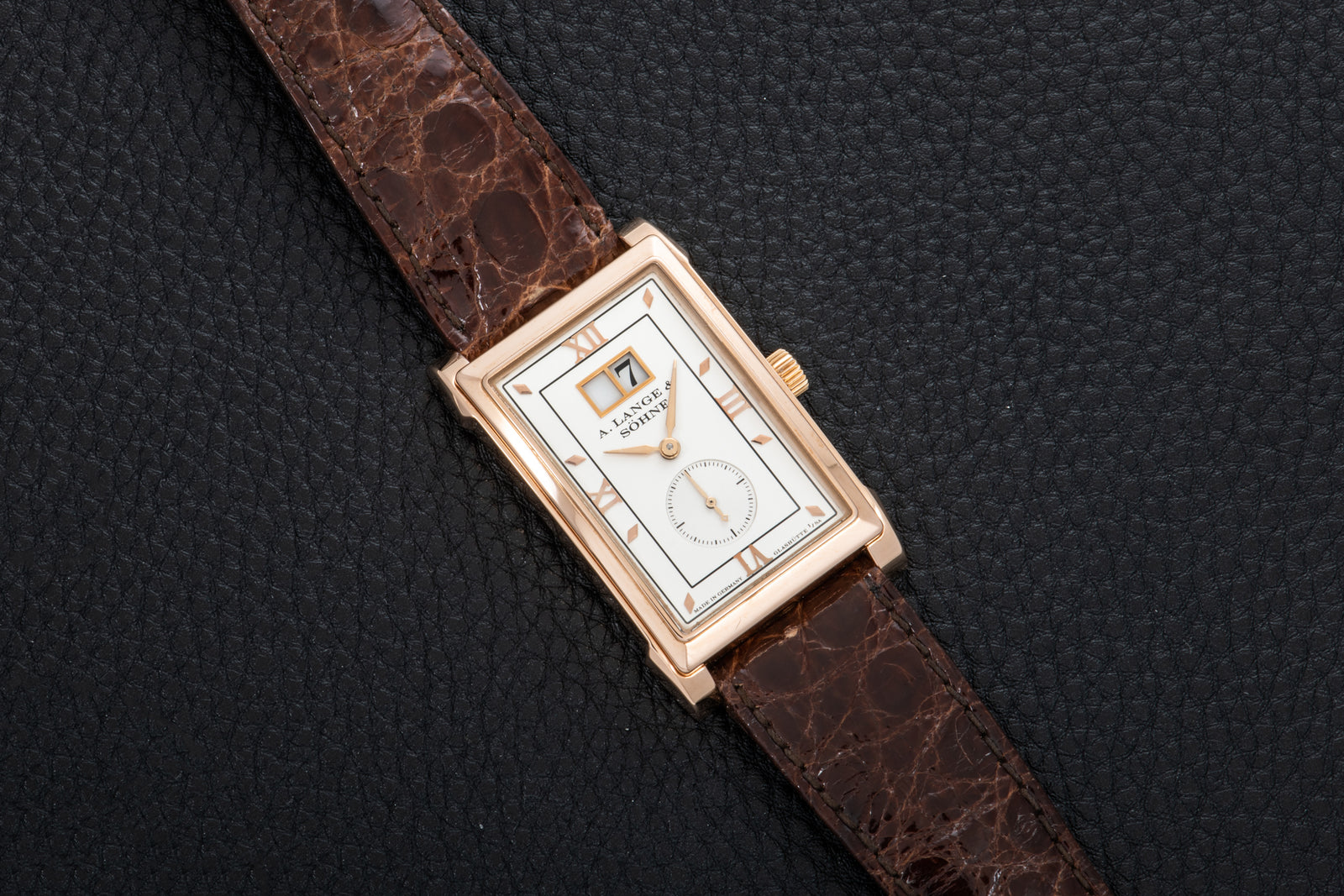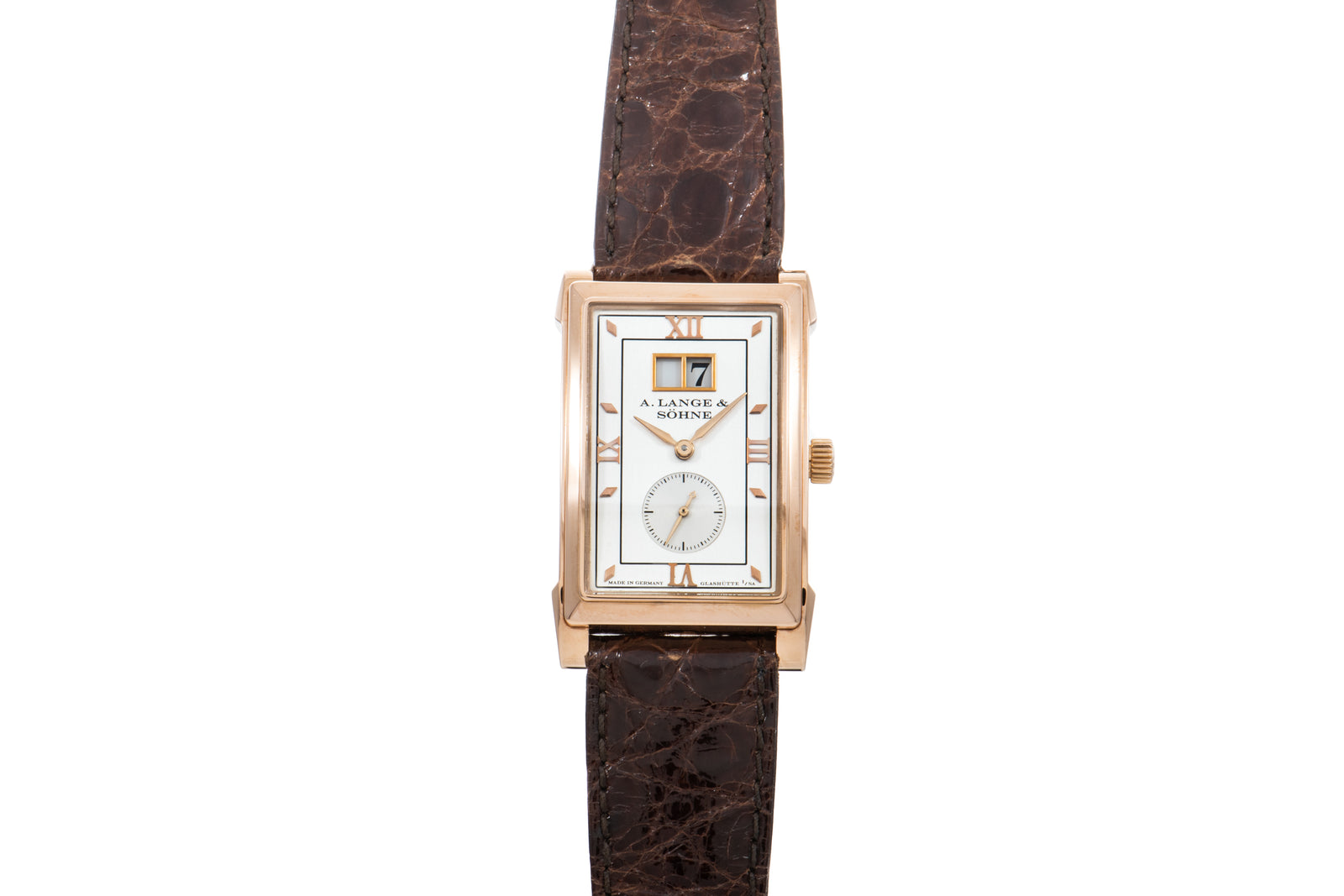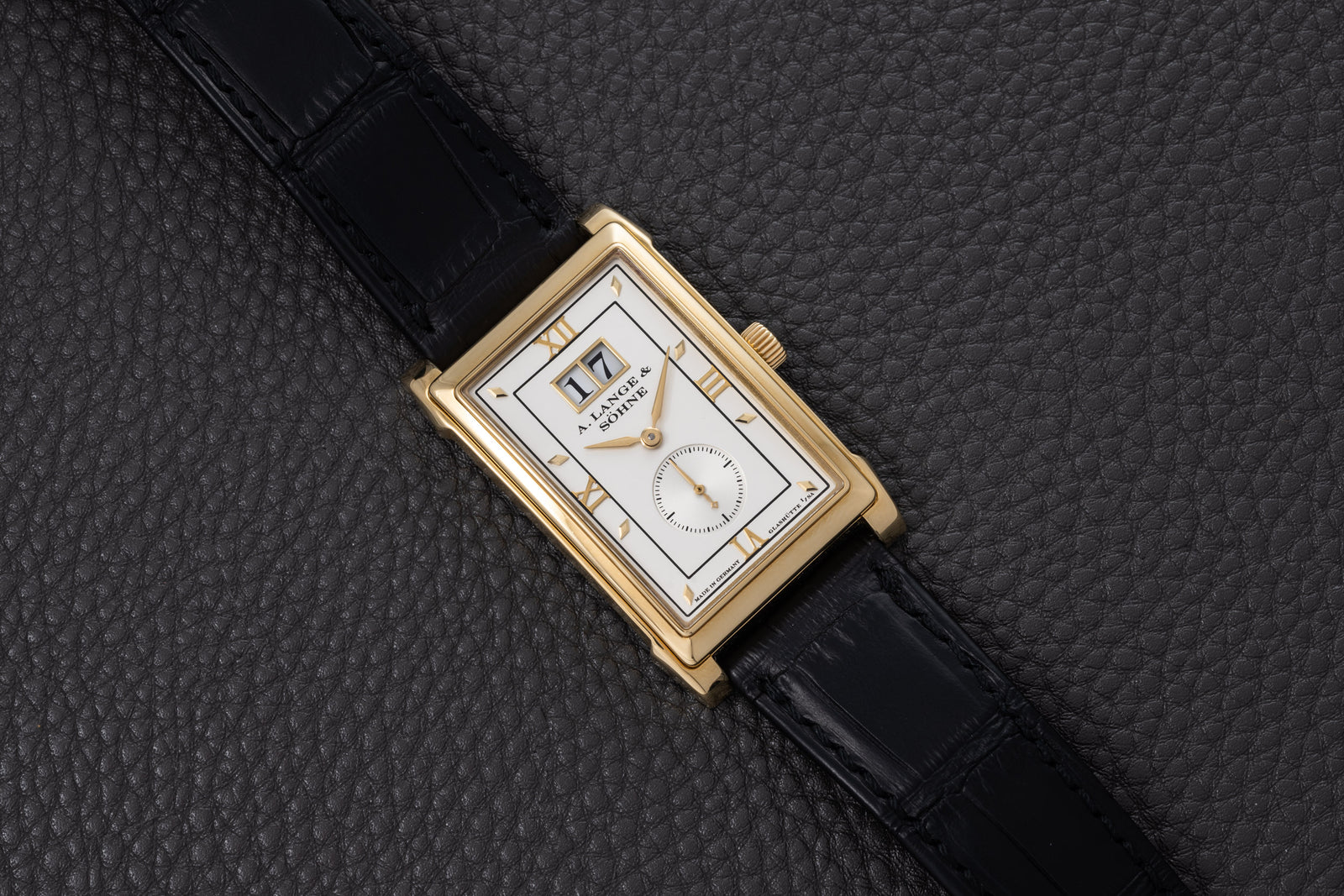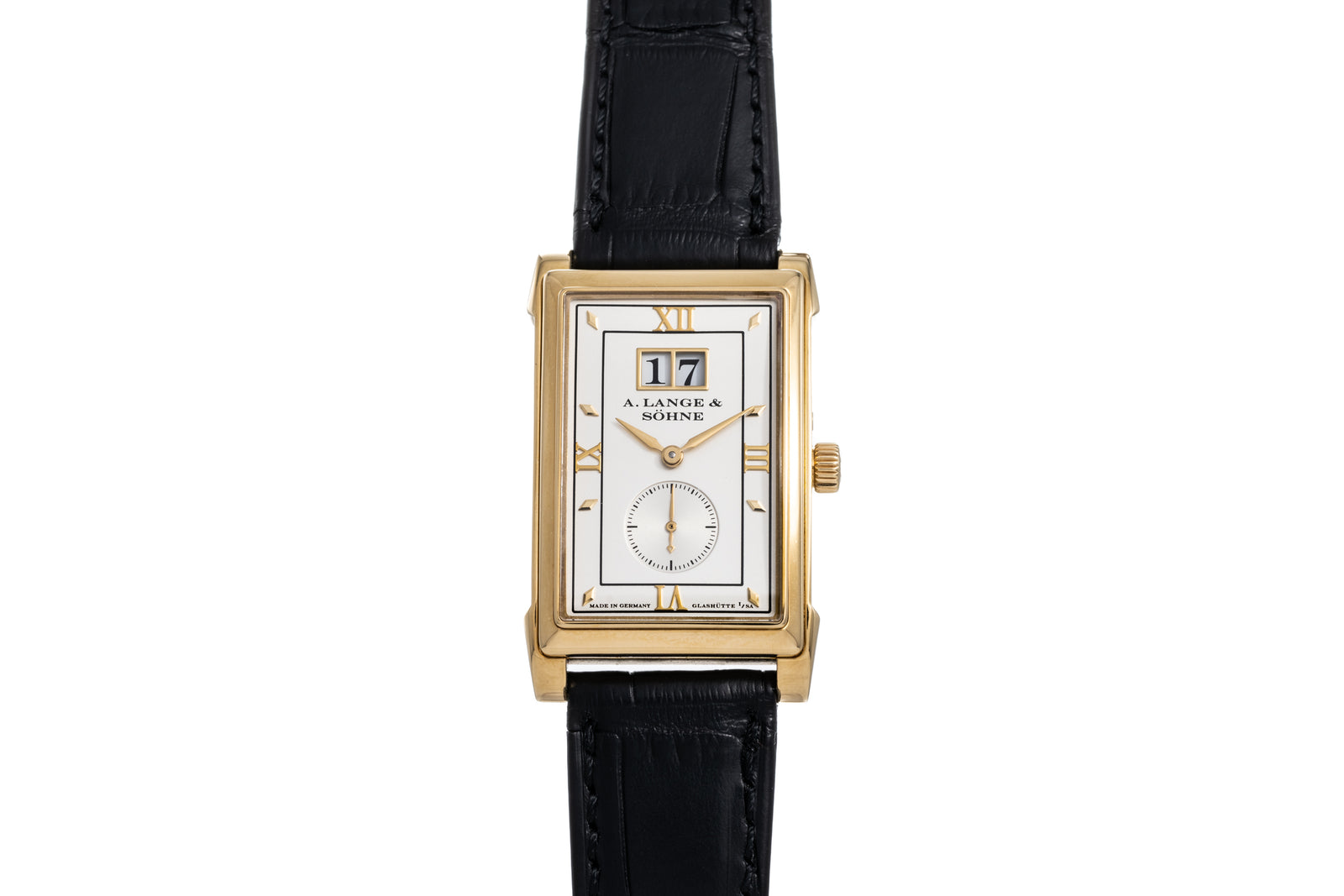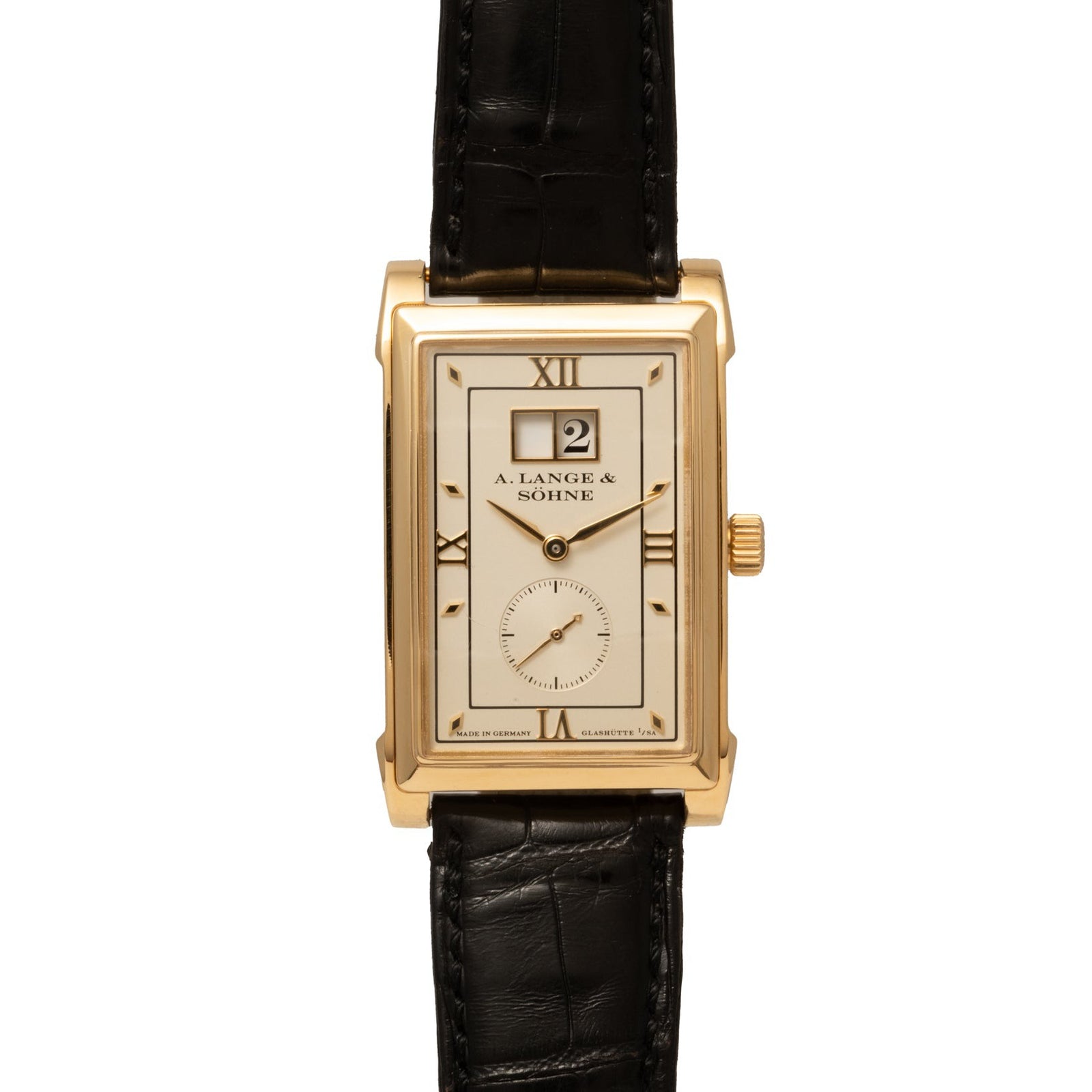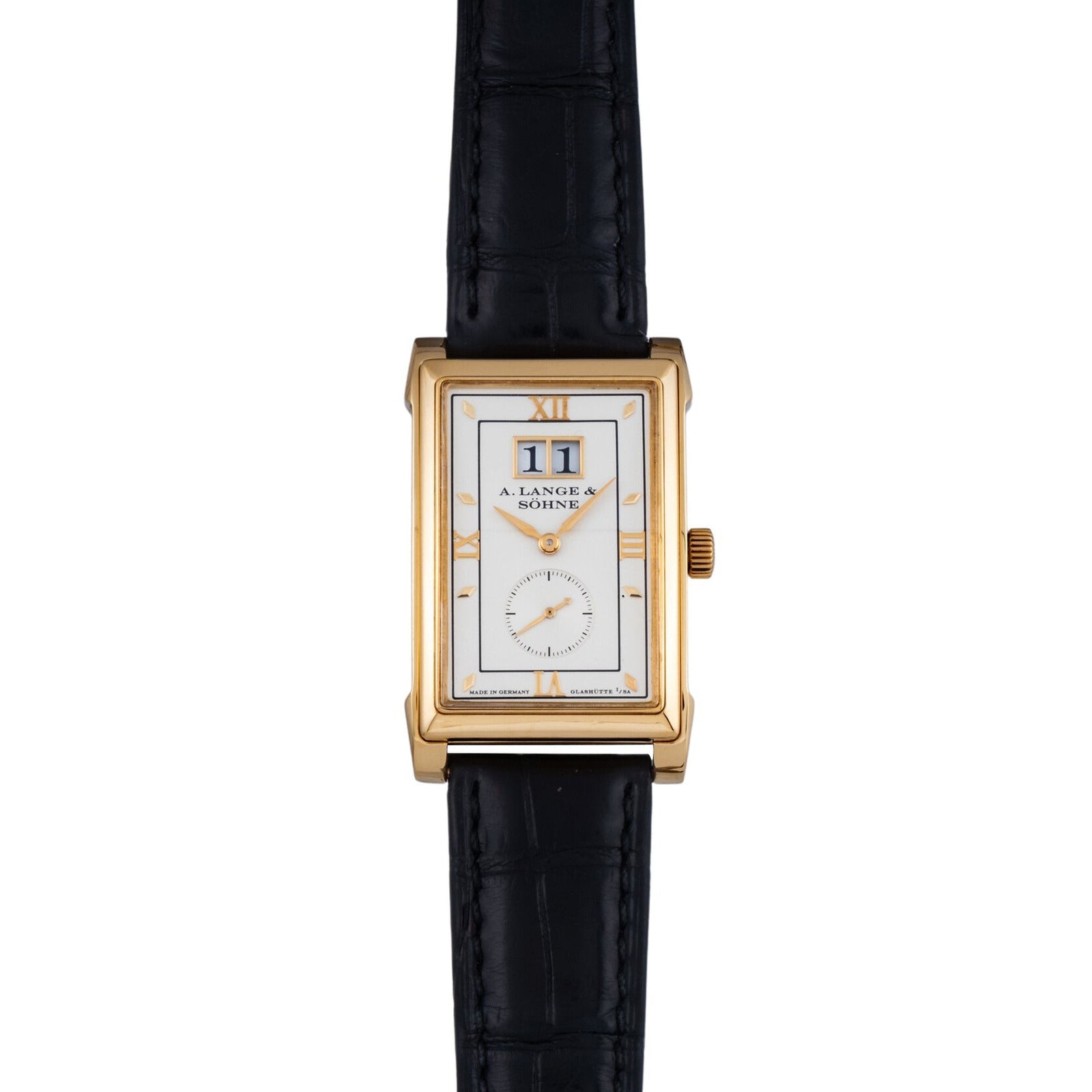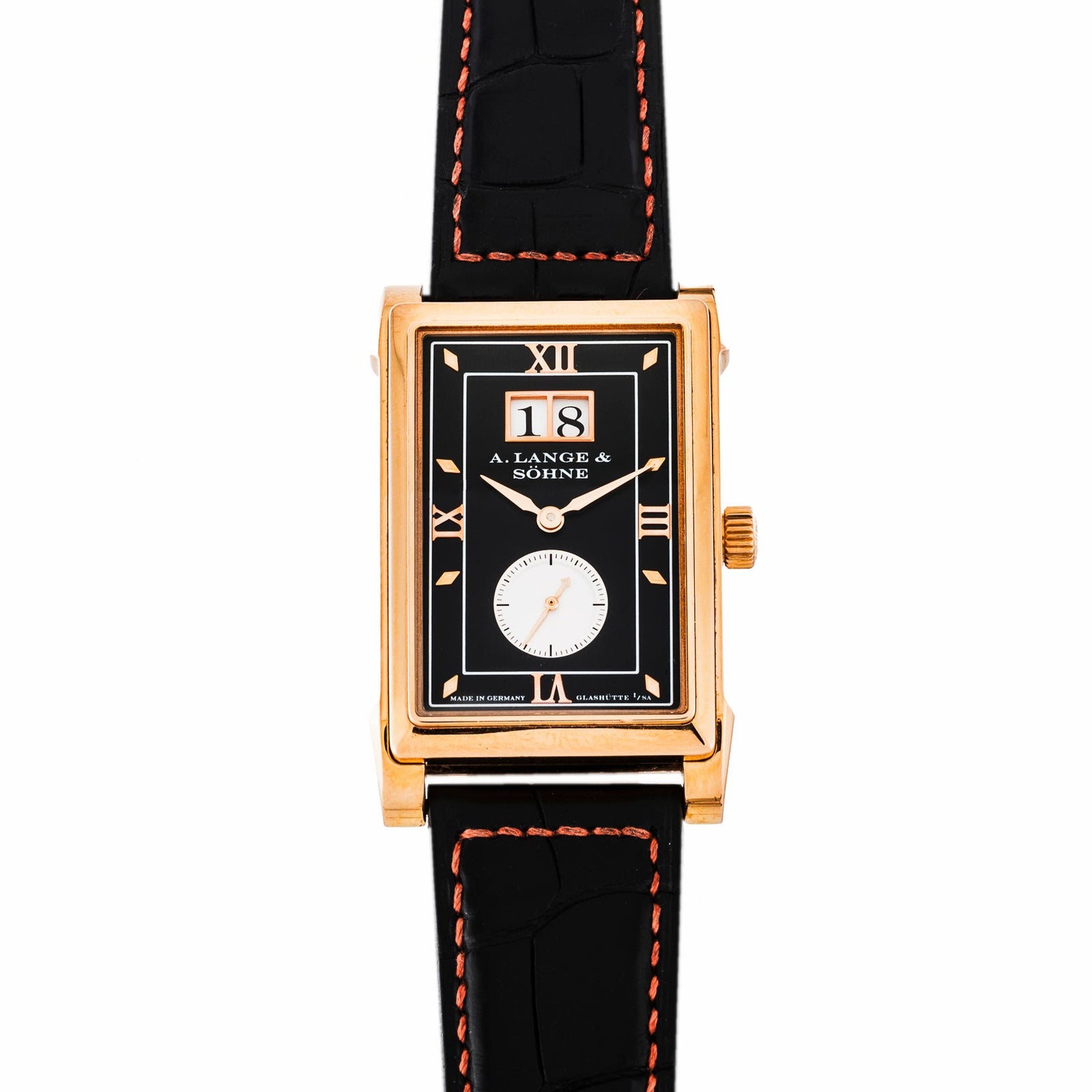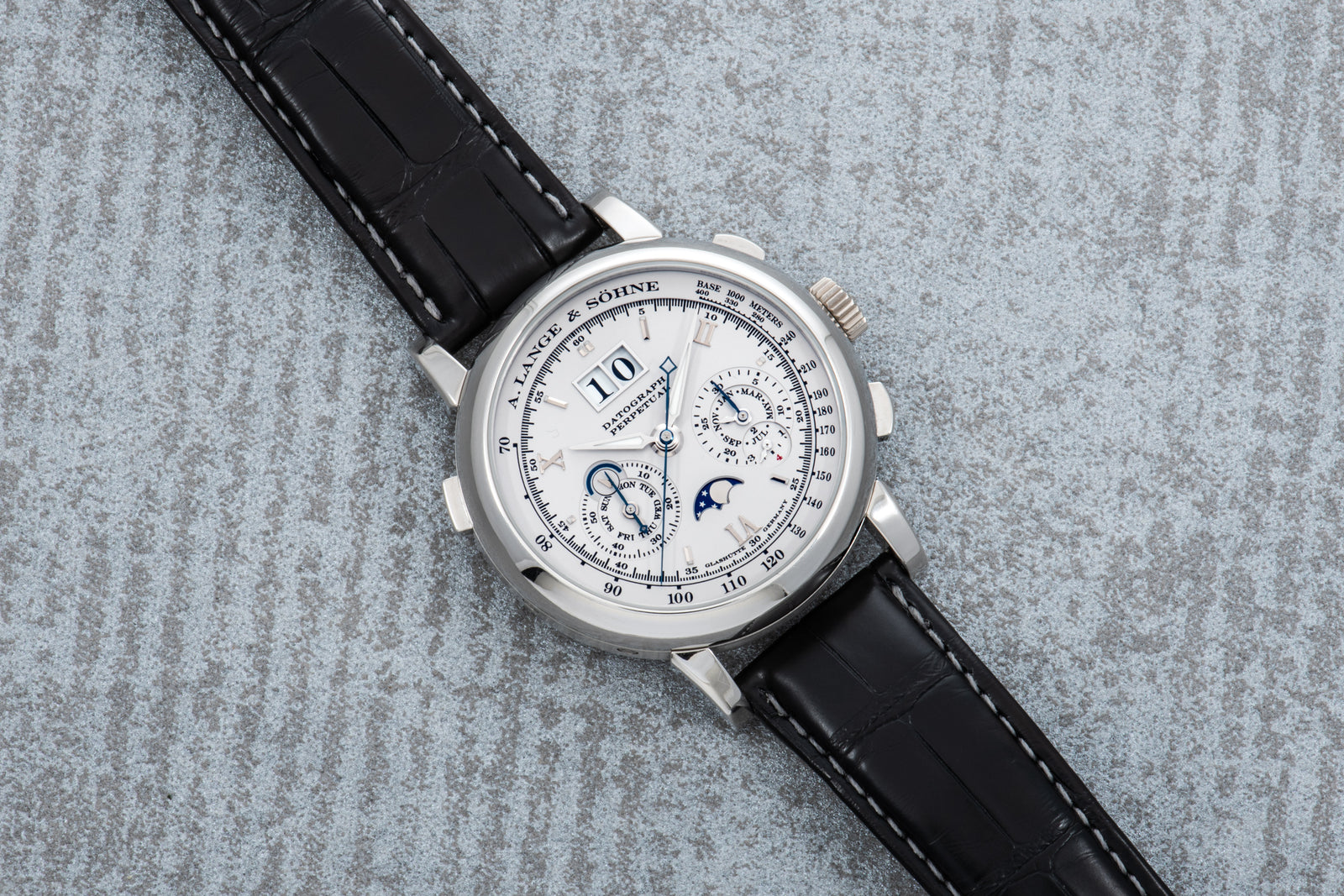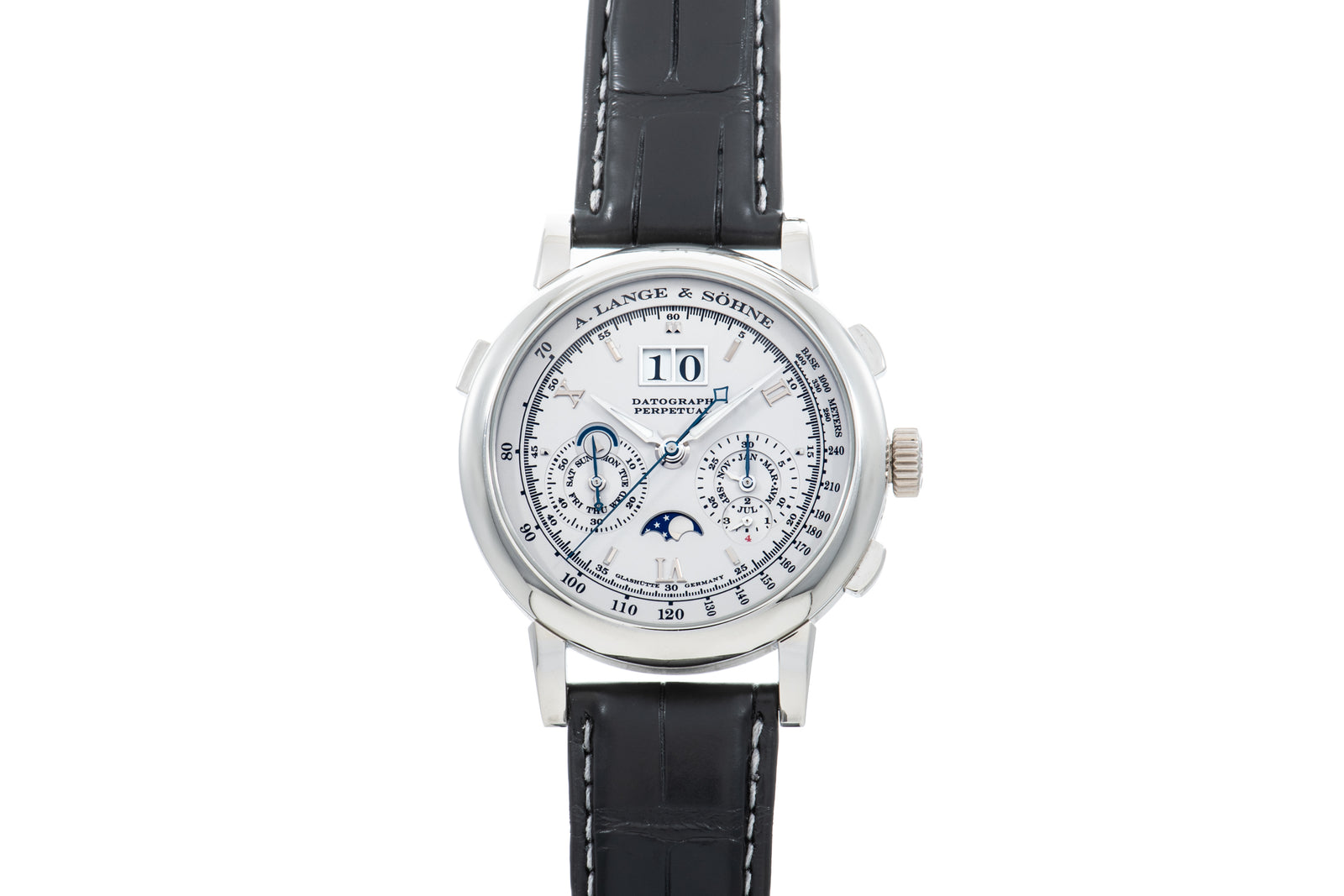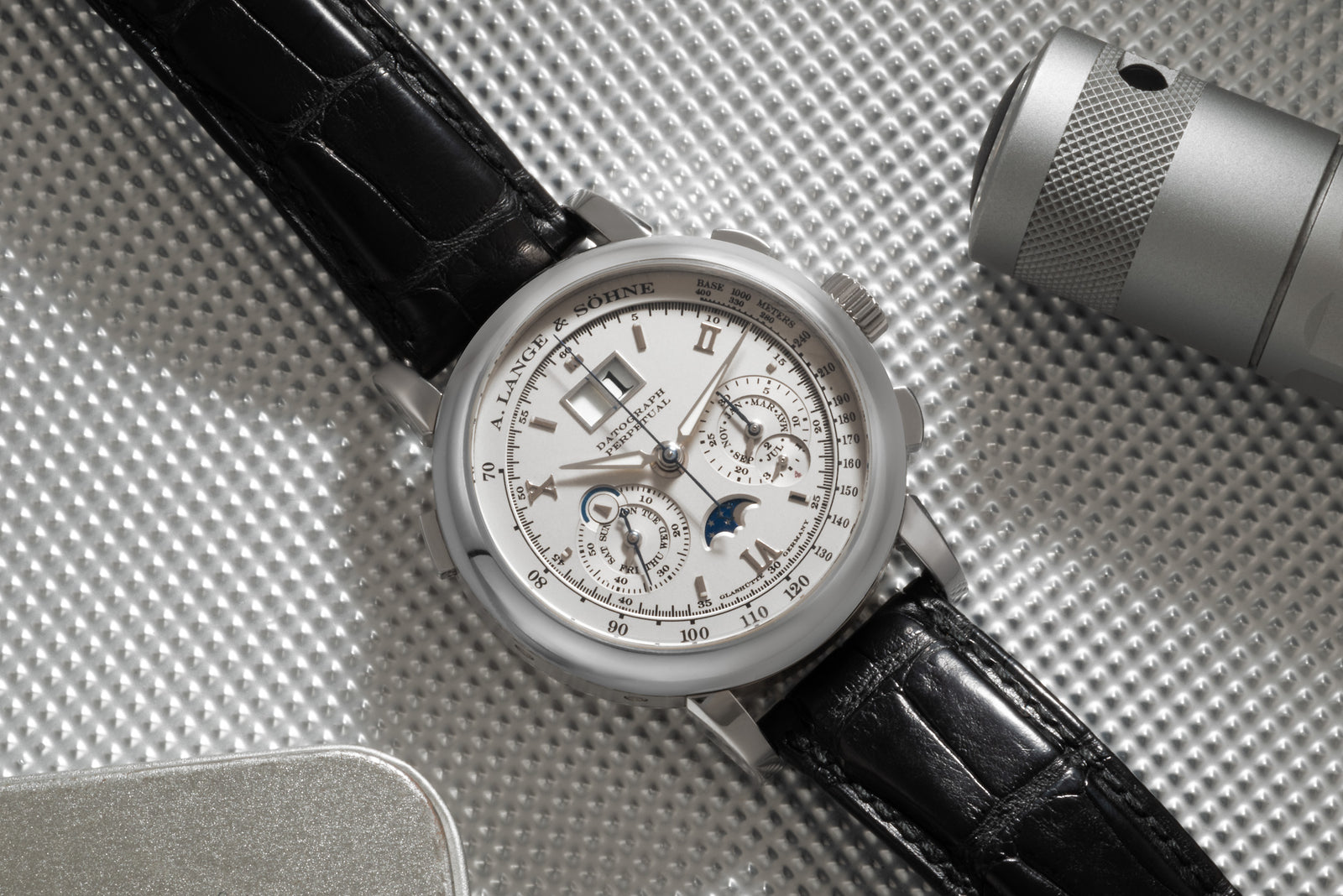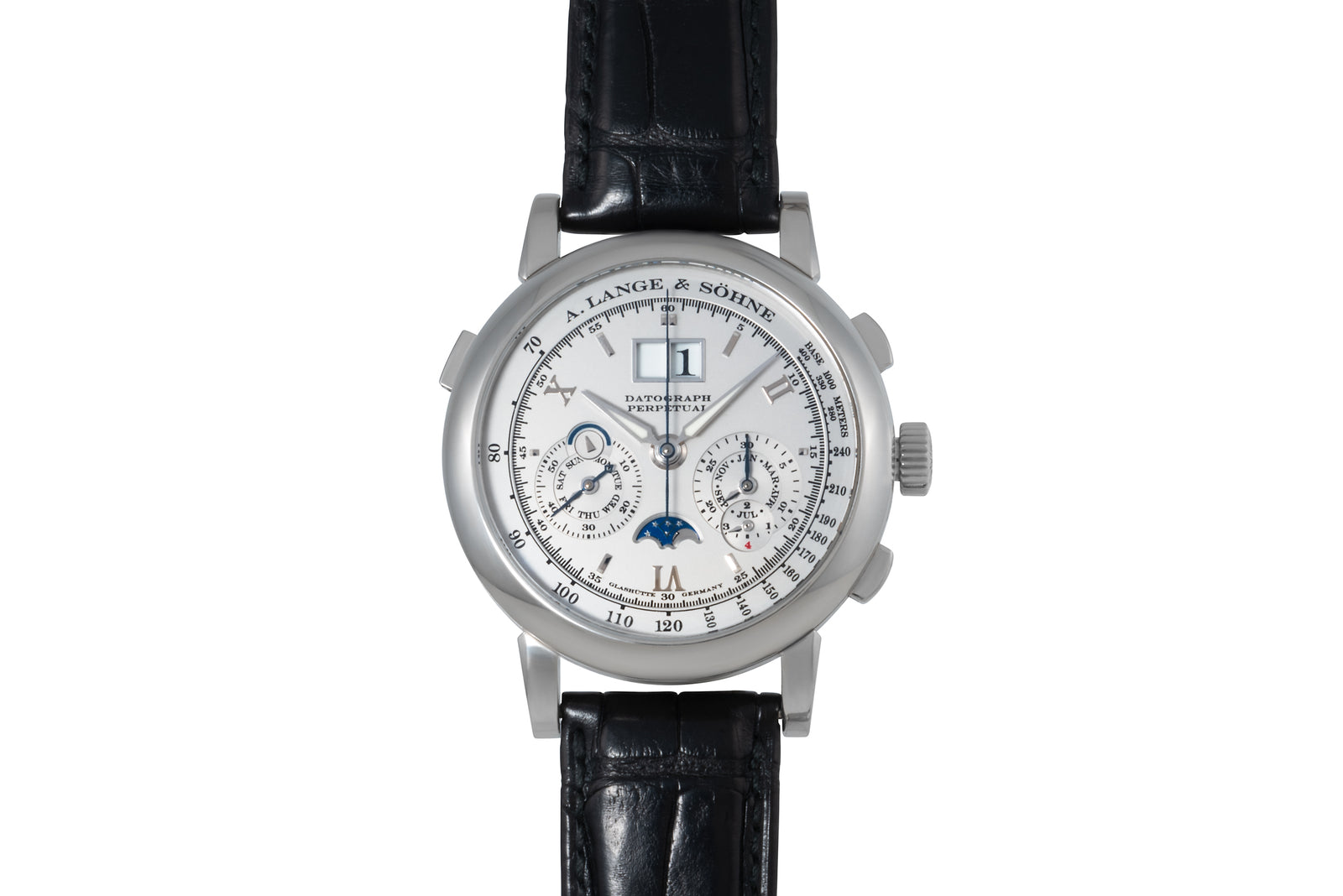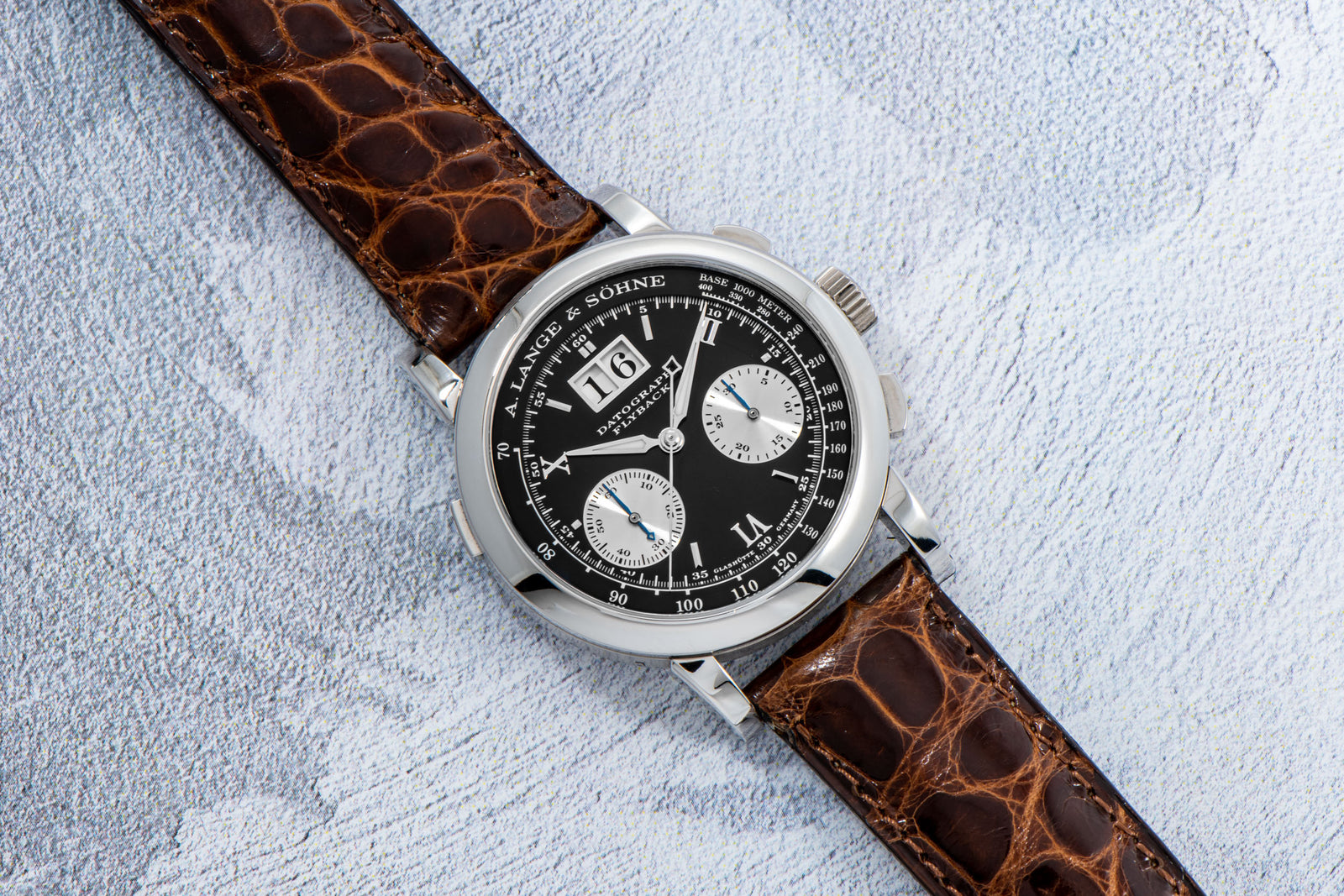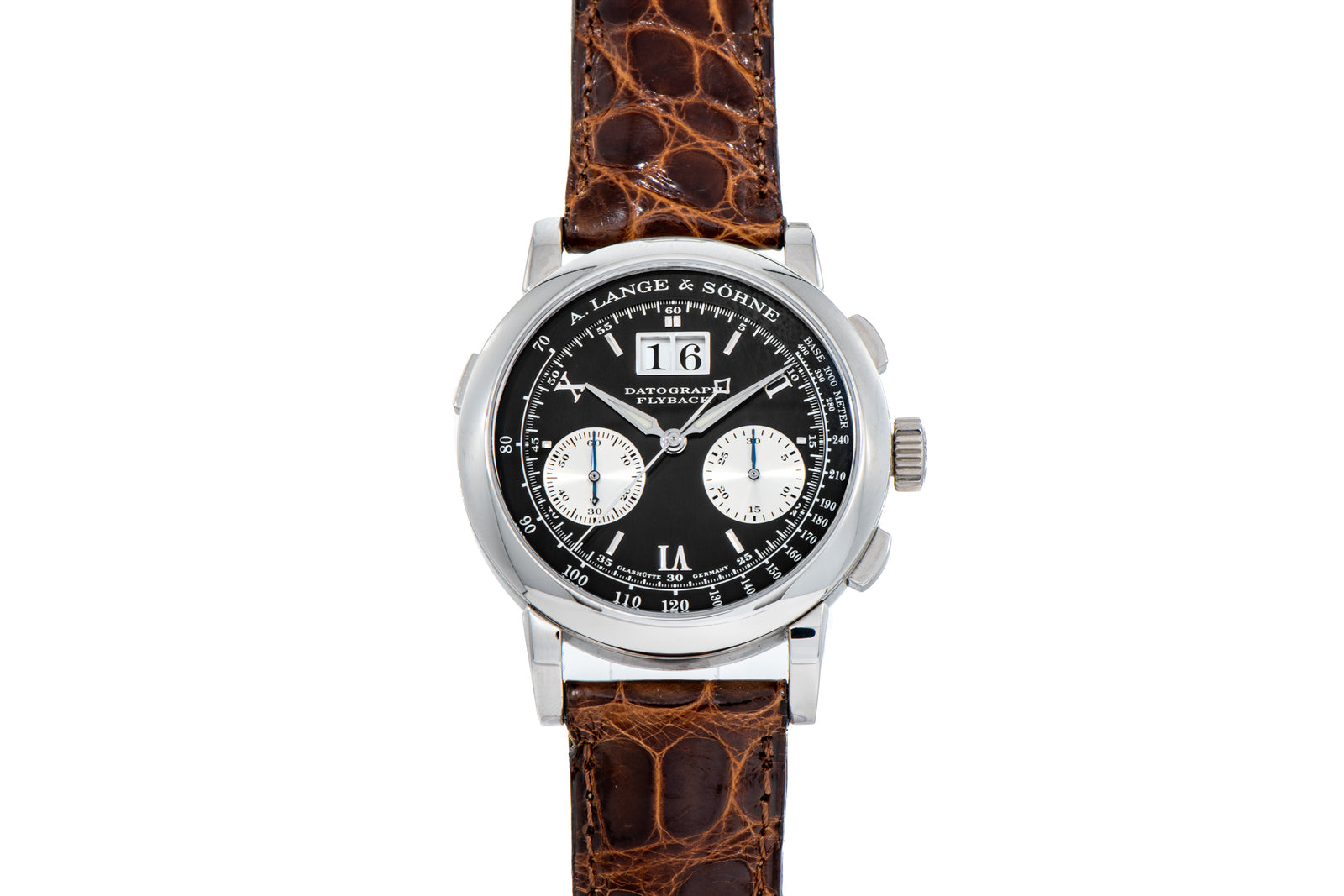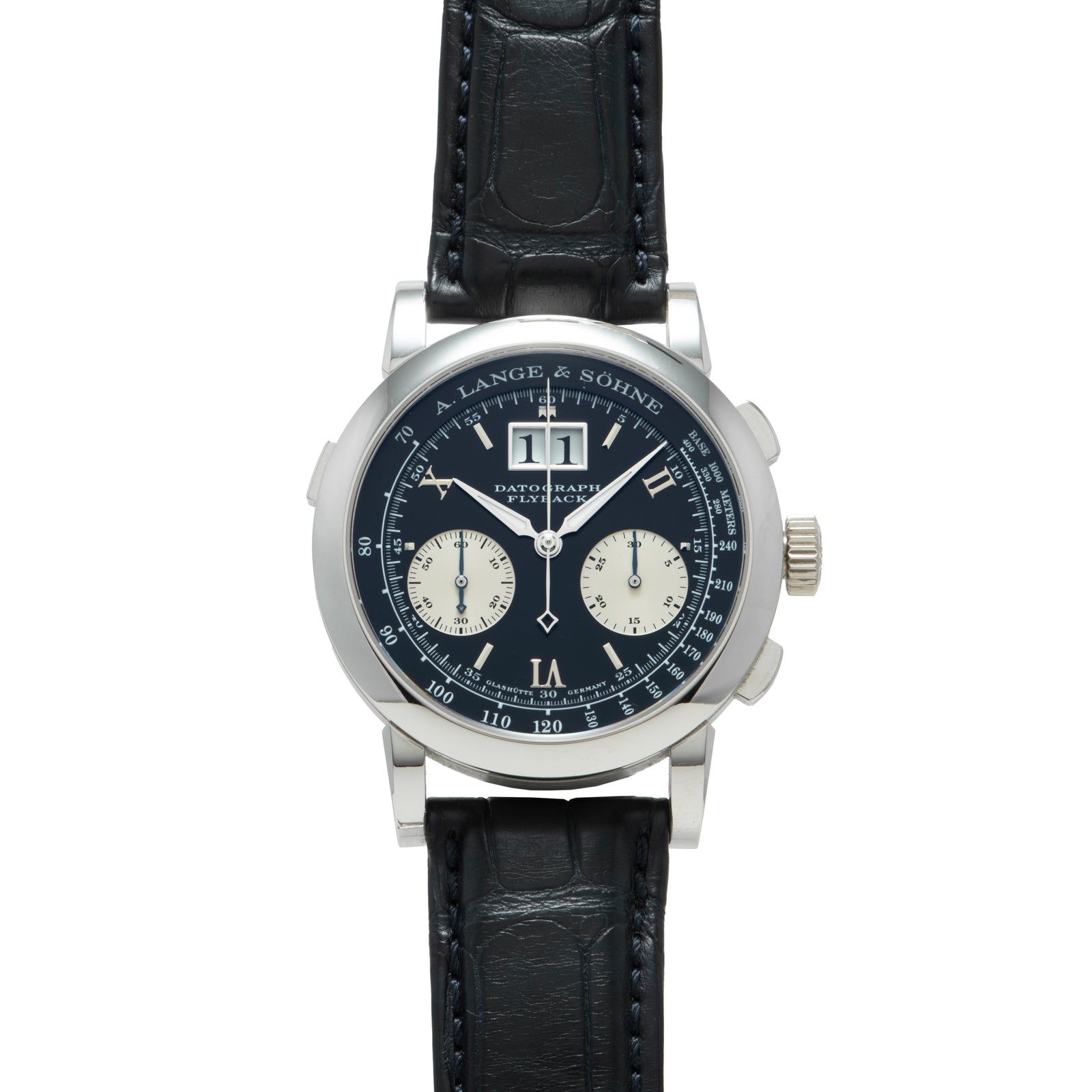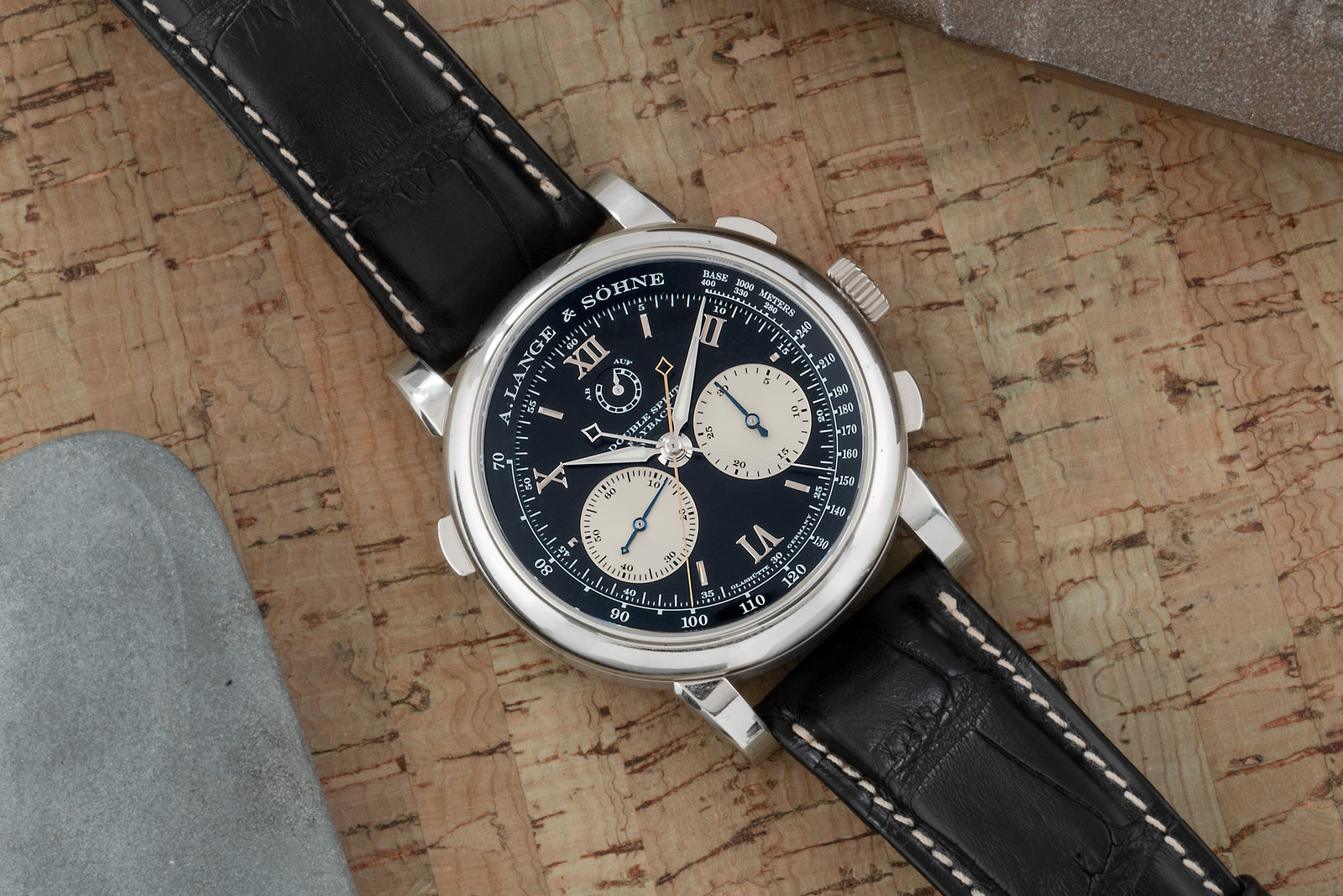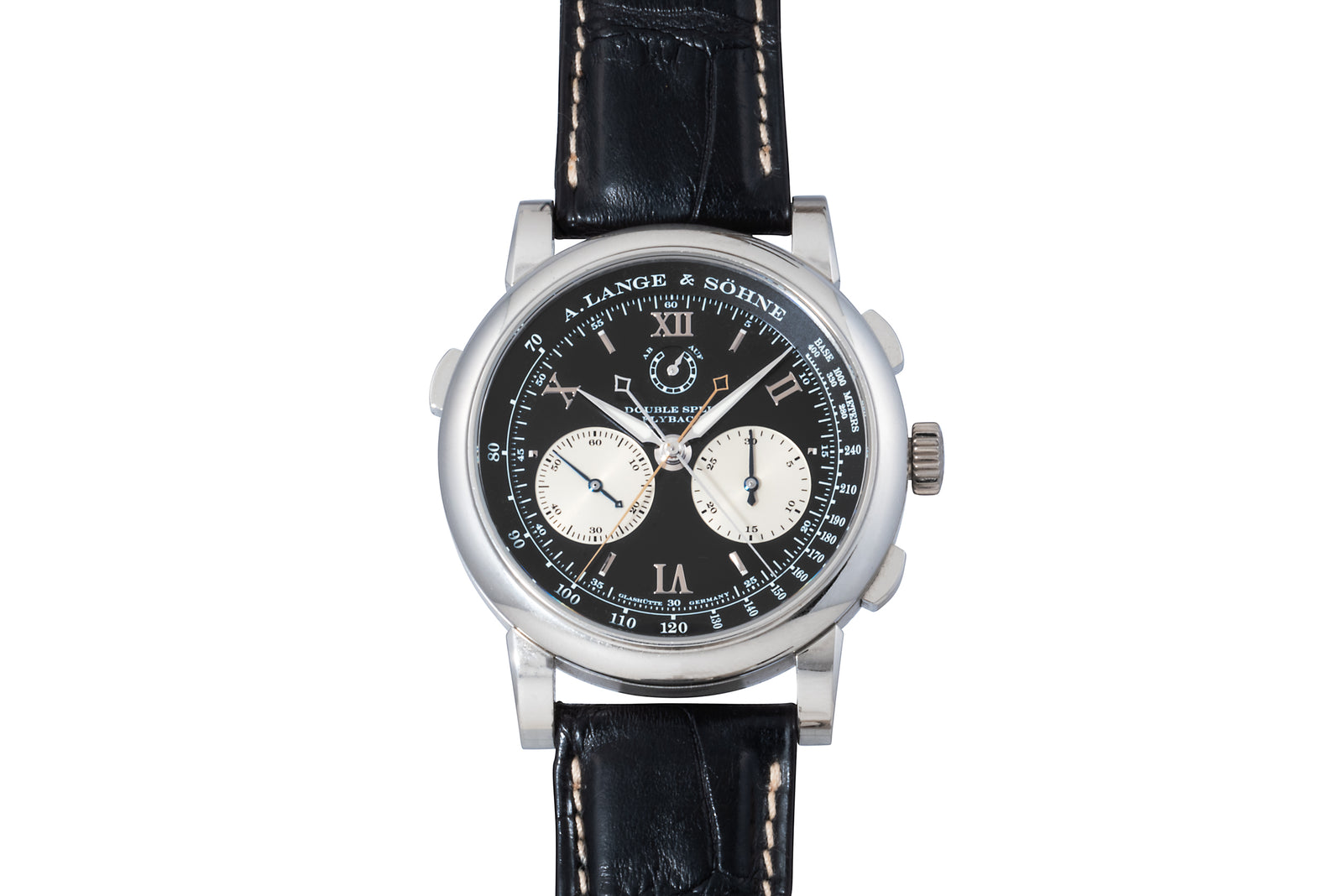Omega Speedmaster "Ed White"
- Soldspan>
- Sold
Why We Love it
–
Why We Love it
–1965 was a banner year for NASA. It was the year of the first spacewalk ever undertaken by an American astronaut, Edward Higgins White. But successful missions in the Ranger and Mariner programs that same year would prove pivotal in interplanetary exploration, laying the groundwork for missions that continue to this day.
The Ranger program, which spanned from 1961 to 1965, ultimately led to the determination of a landing site for Apollo 11.
That same year, the success of Mariner 4 expanded man’s horizons even beyond the Moon.
The Mariner program began in 1962 with Mariner 1. Mariner 1’s objective was to fly past Venus and transmit data about the planet’s surface back to mission control. However, a fault in the guidance commands led the range safety officer to abort the mission 294.5 seconds after launch.
Mariner 2 (which was identical to Mariner 1) successfully completed the mission that Mariner 1 set out to do, and was the first unmanned probe to encounter another planet.
In Mariner 3 and Mariner 4, NASA turned its attention to the Red Planet. These identical probes, larger than the two previous spacecrafts, bore four solar panels (two more than Mariner 1 and 2) and a TV camera. The objective of Mariner 3 and 4 was to flyby Mars and transmit data and images about the planet’s atmosphere and surface.
Mariner 3 took flight at 2:22 PM on November 5, 1964 from Launch Complex 13 at Cape Canaveral. Transmissions received by NASA one hour after launch indicated that all instruments were functioning except the solar panels. Ground controllers spent eight hours trying to solve the problem, but the battery died, and NASA officially terminated the mission.
However, three weeks later—on November 28—Mariner 4 began its long, lonely journey to Mars, a voyage that would take seven and a half months, approaching Mars on July 15, 1965.
As stated in the Jet Propulsion Laboratory’s Annual Report for 1965: “Mariner IV is the first spacecraft to explore the region of interplanetary space beyond the Earth’s orbit and maintain intelligible communication… At the time of encounter, the spacecraft will be farther from the Earth than the Sun is.”
These spacecrafts formed the basis for Voyager 1 and Voyager 2, and the second generation of Mariner spacecraft evolved until the Cassini-Huygens probe now orbiting Saturn.
A month before Mariner 4 reached its target, Ed White pushed open the hatch of his spacecraft and floated into history as the first American to undertake an Extra-Vehicular Activity.
Strapped to his spacesuit was an Omega Speedmaster, reference 105.003, produced from 1964 to 1969. At the time of Ed White's historic flight, Omega was already developing a new reference of Speedmaster with a new designation of "Professional," to replace the straight-lugged versions favored by Ed White and Wally Schirra. The new reference, 105.012, had the added bonus of crown guards and the flashy new association with NASA.
But the 'Ed White' is the last Speedmaster to have straight lugs, and is the first to have baton--rather than dauphine--hands. That fact, which put off collectors (who might have viewed it as a placeholder between the 2998 and the Apollo-era 105.012) in the past, is now immensely attractive.
For many collectors and enthusiasts, early "pre-Moon" references of Speedmaster--like the Ed White--carry a tremendous value, both historically and horologically, representing NASA's crucial testing period that allowed them to put a spacecraft on the Moon… and beyond.
A:S Guarantee
+
A:S Guarantee
+Our Pledge
Analog:Shift stands behind the authenticity of our products in perpetuity.
Condition
Since our pieces are vintage or pre-owned, please expect wear & patina from usage and age. Please read each item description and examine all product images.
Warranty
We back each Analog:Shift vintage timepiece with a two-year mechanical warranty from the date of purchase.
International Buyers
Please contact us prior to purchase for additional details on shipping and payment options.
Shipping & Returns
+
Shipping & Returns
+All of our watches include complementary insured shipping within the 50 states.
Most of our products are on hand and will ship directly from our headquarters in New York City. In some cases, watches will be shipped directly from one of our authorized partners.
We generally ship our products via FedEx, fully insured, within 5 business days of purchase. An adult signature is required for receipt of all packages for insurance purposes. Expedited shipping is available at an additional cost. We are also happy to hand deliver your purchase in Manhattan or you may pick it up at our showroom.
Returns must be sent overnight or by priority international delivery, fully insured and paid for by the customer. A restocking fee may apply. Watches must be returned in the same condition as initially shipped.
We welcome international buyers, please contact us prior to purchase for additional details on shipping and payment options.
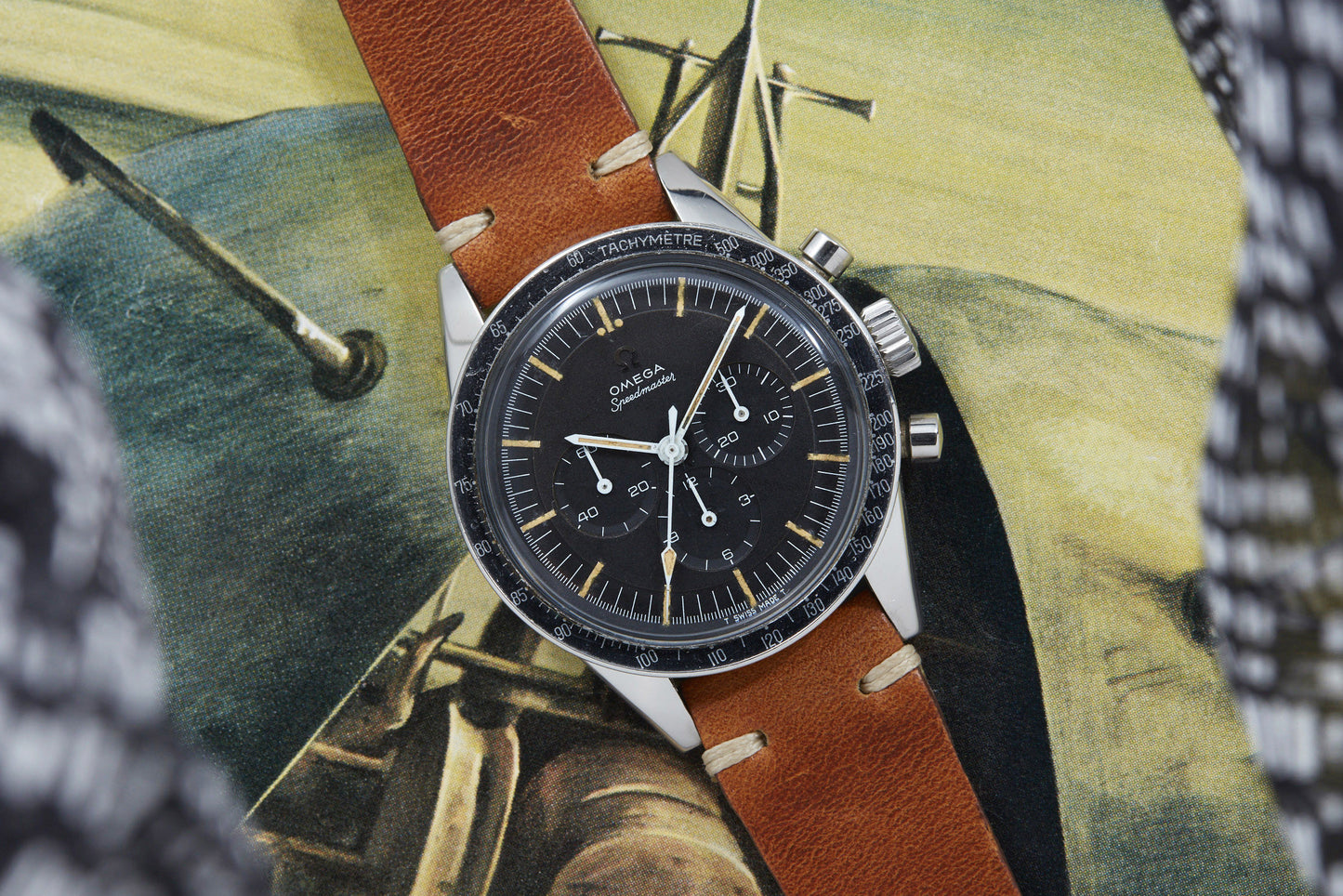
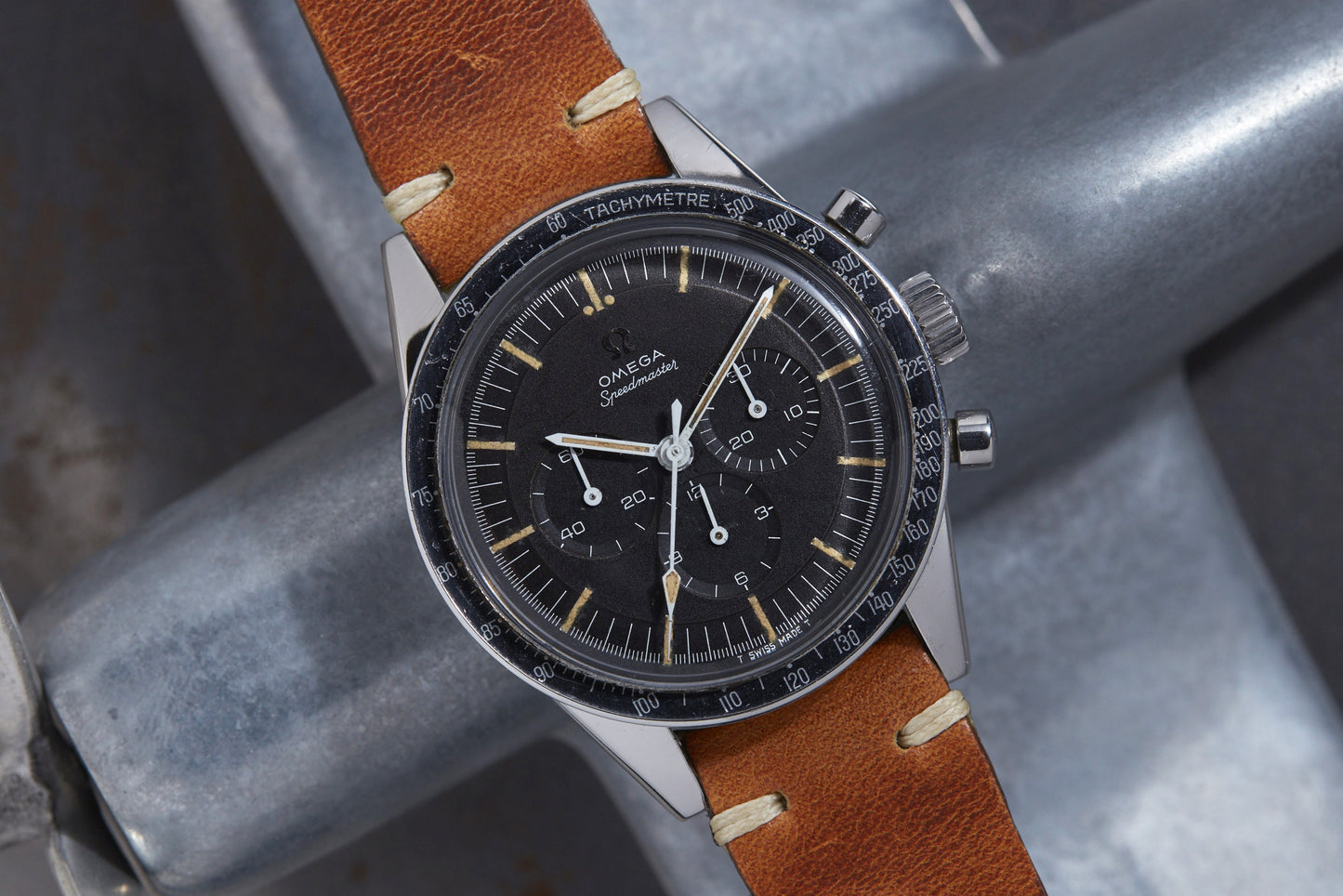
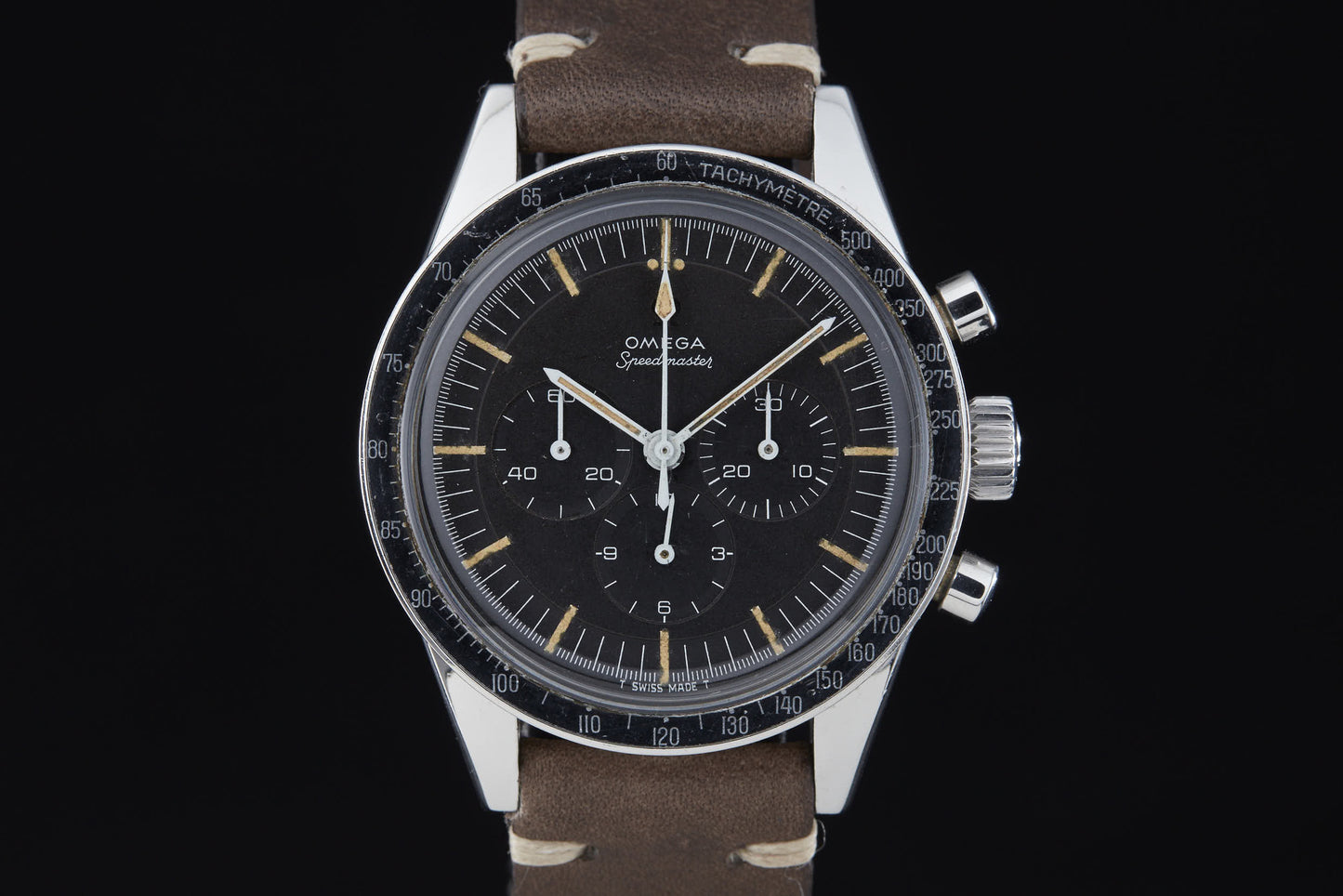
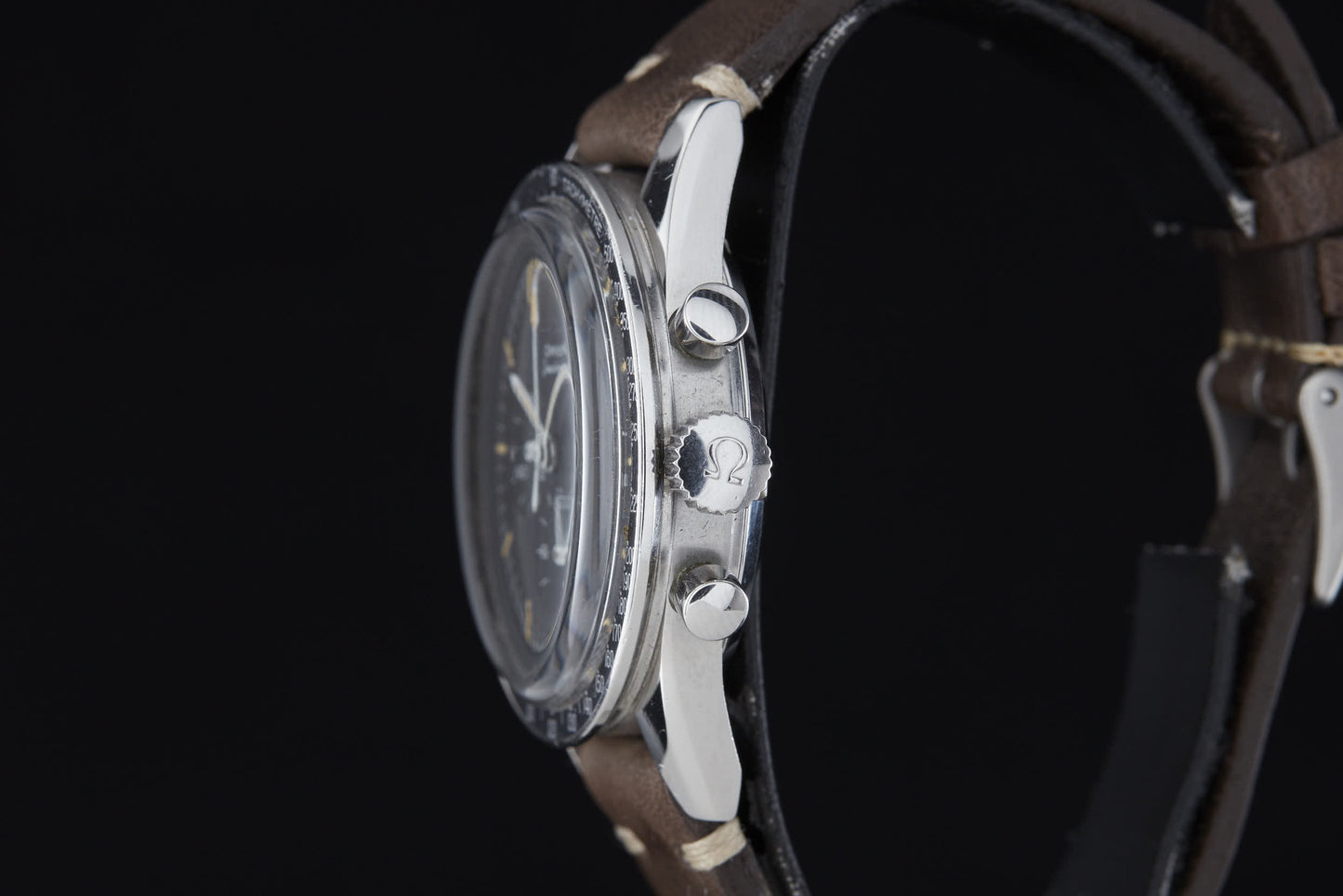
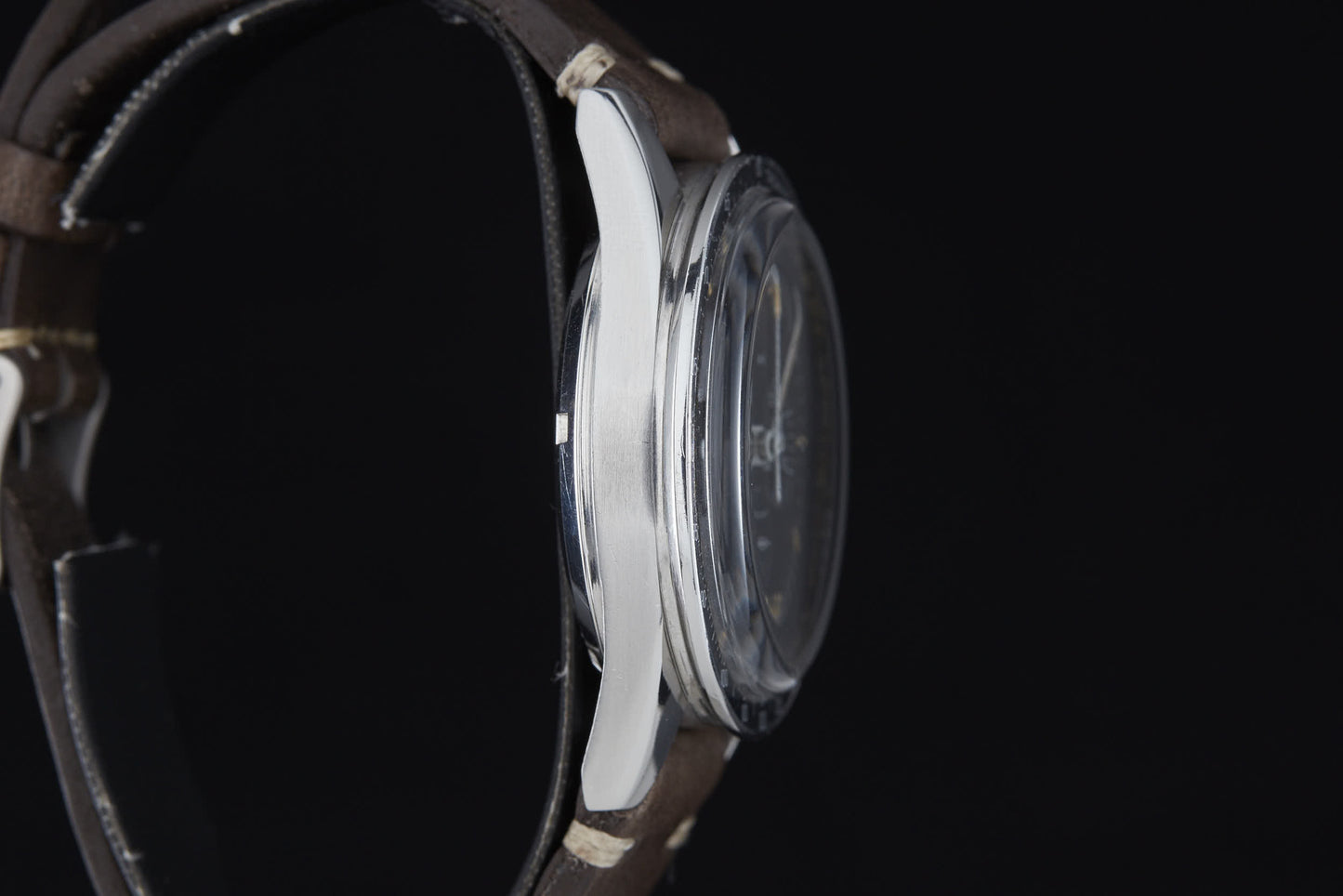
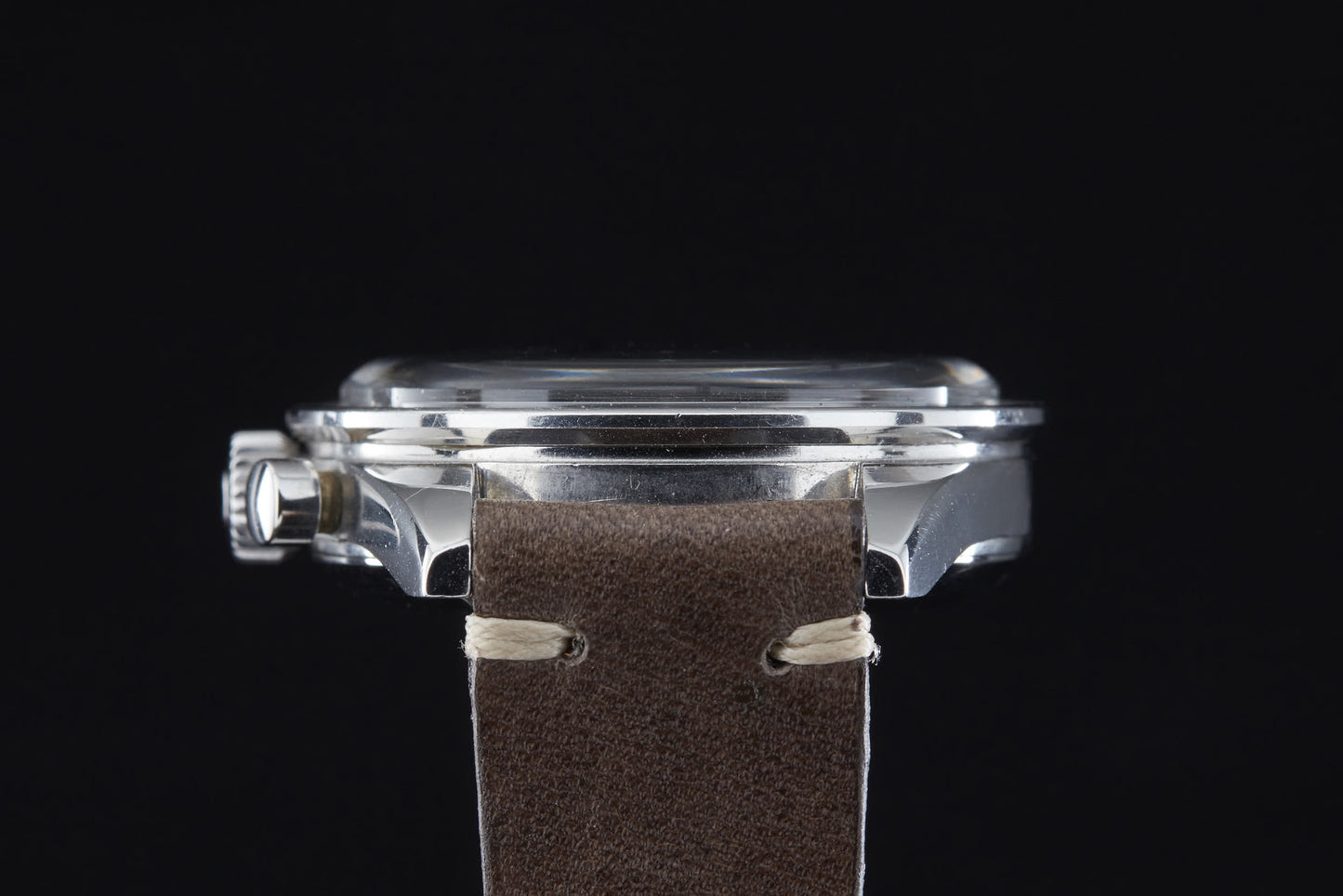
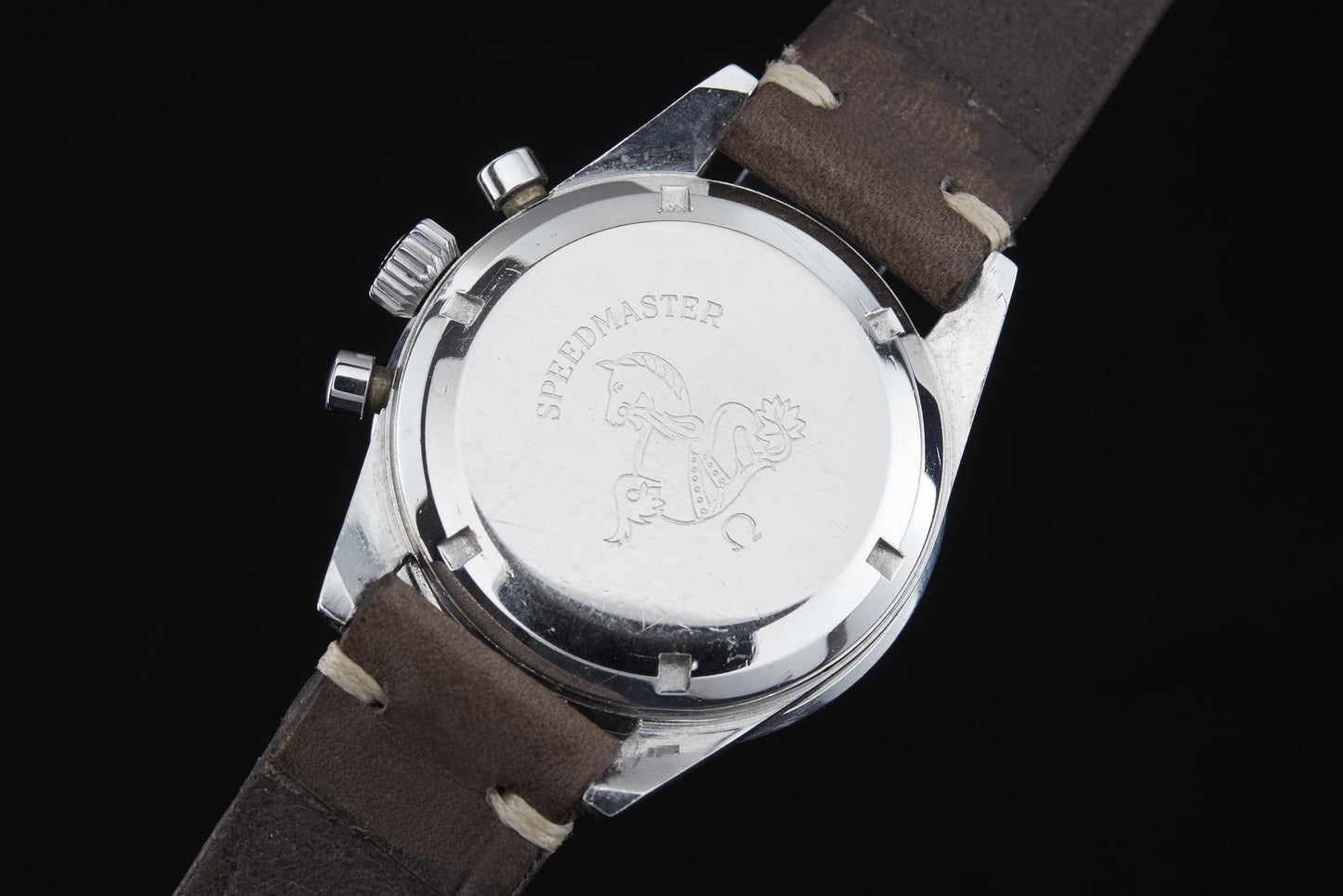
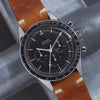
Omega Speedmaster "Ed White"
- Soldspan>
- Sold
